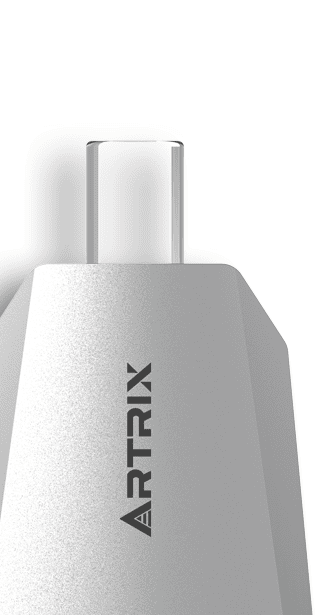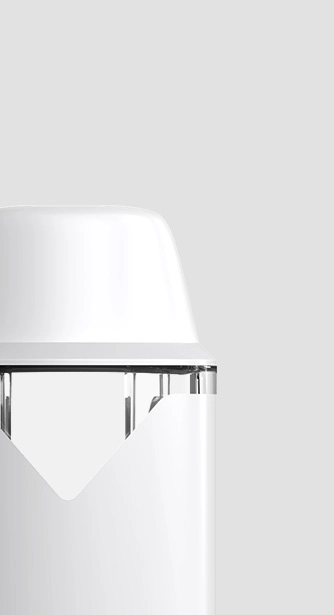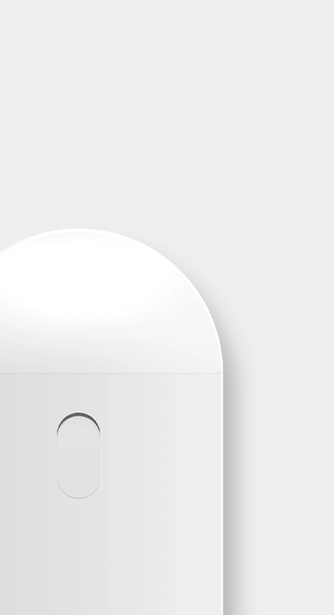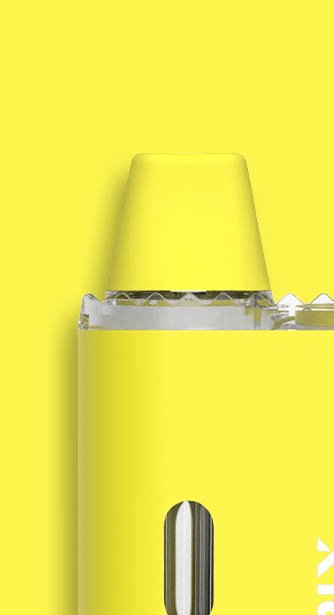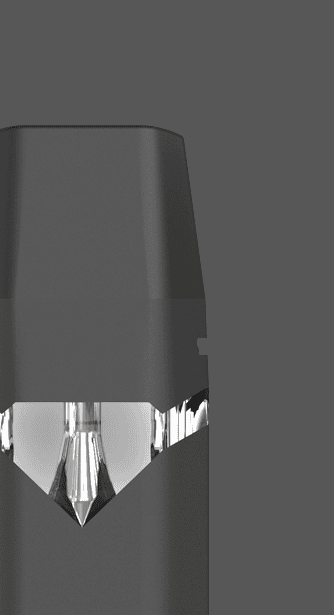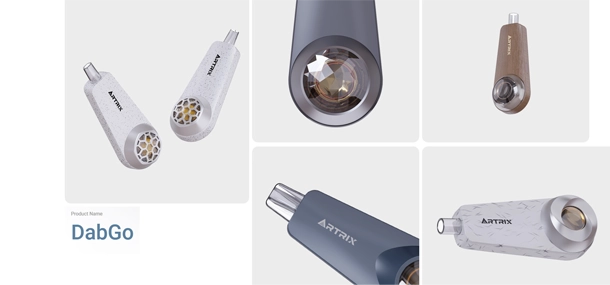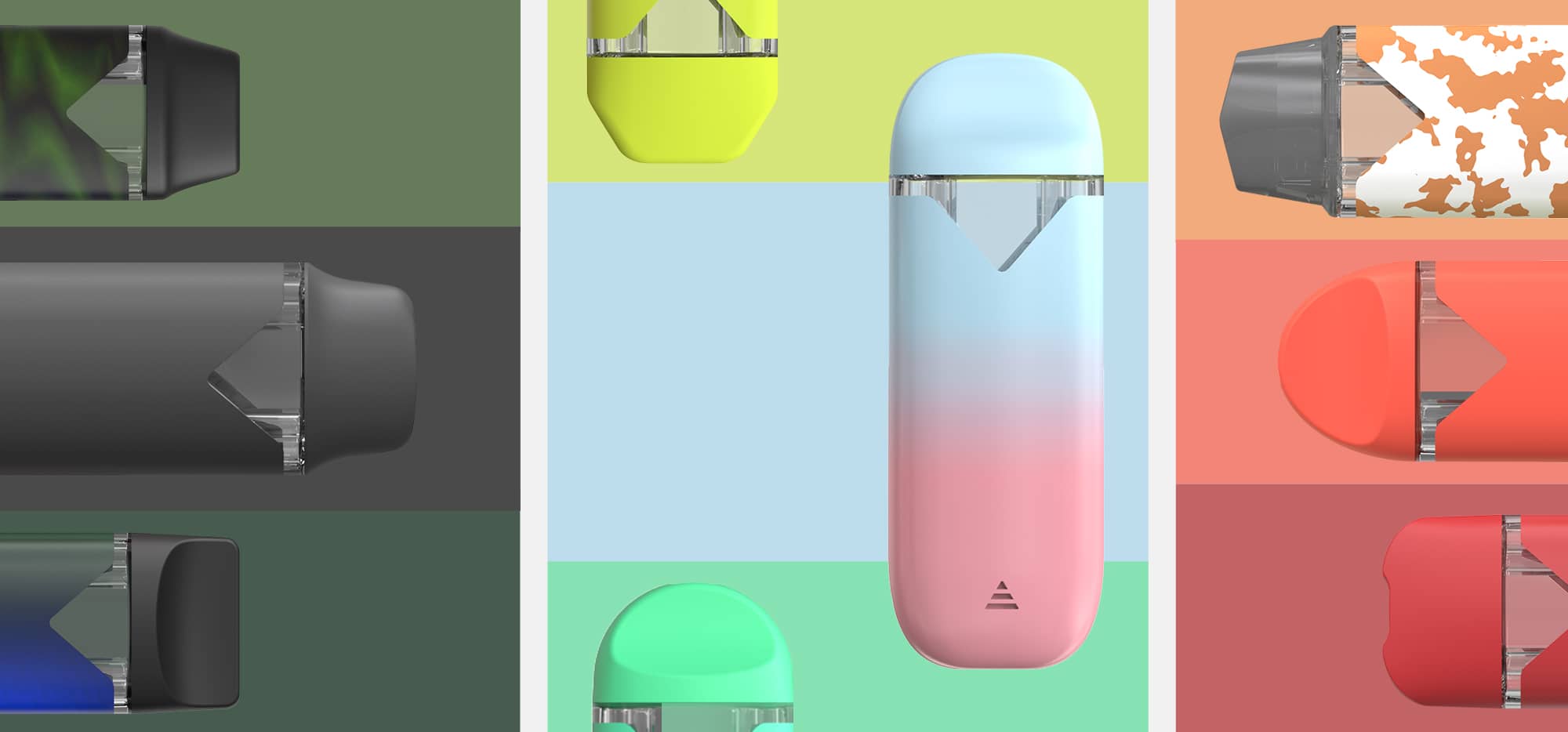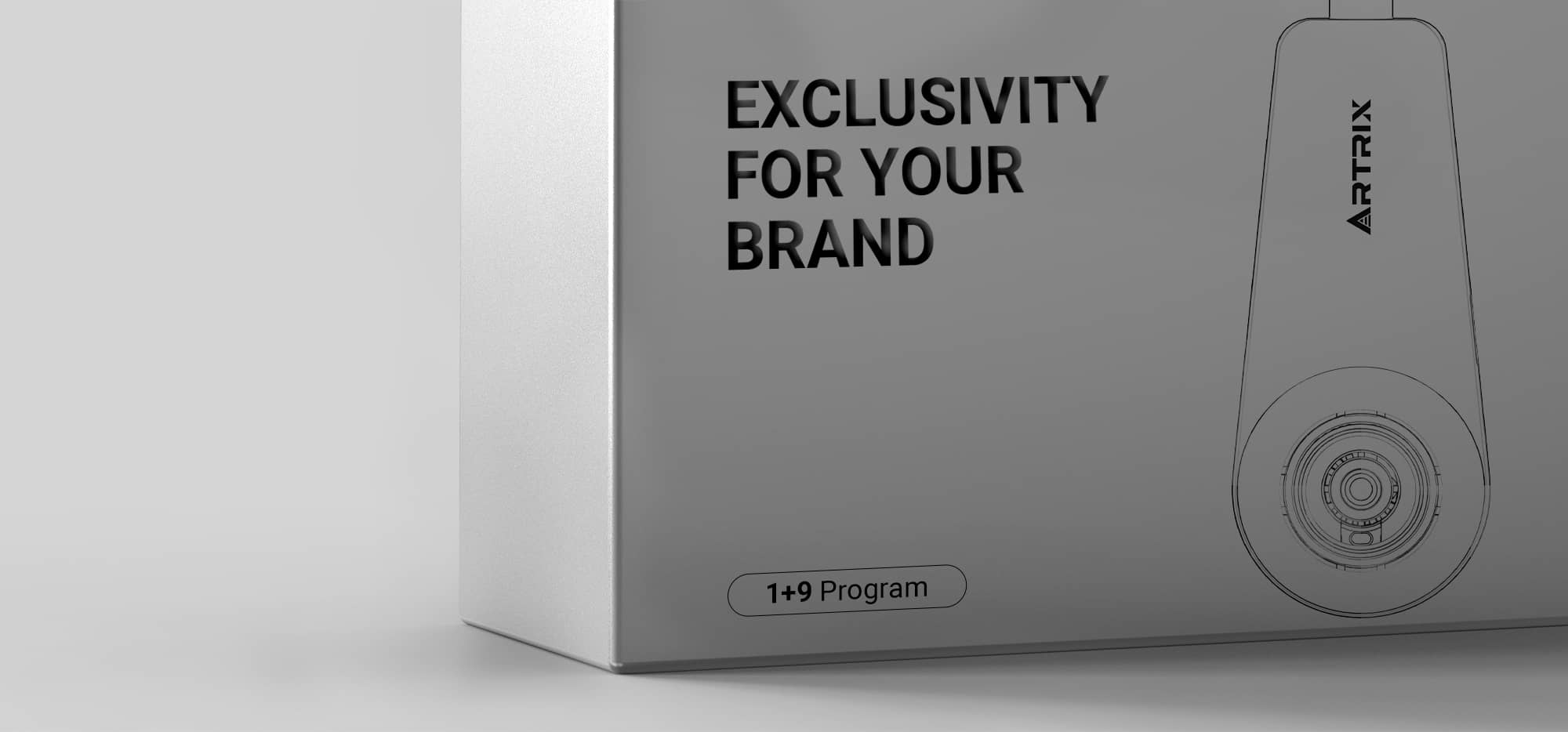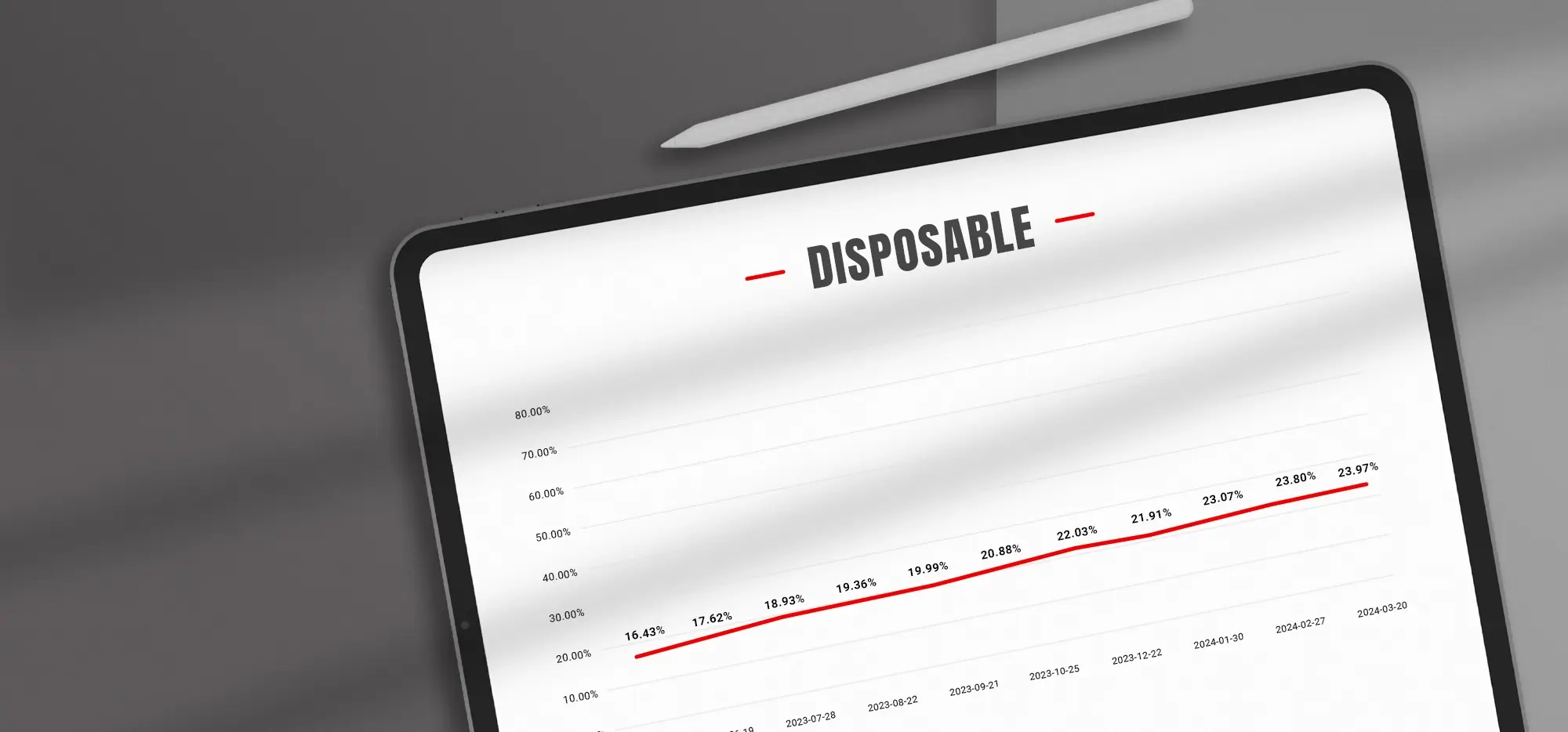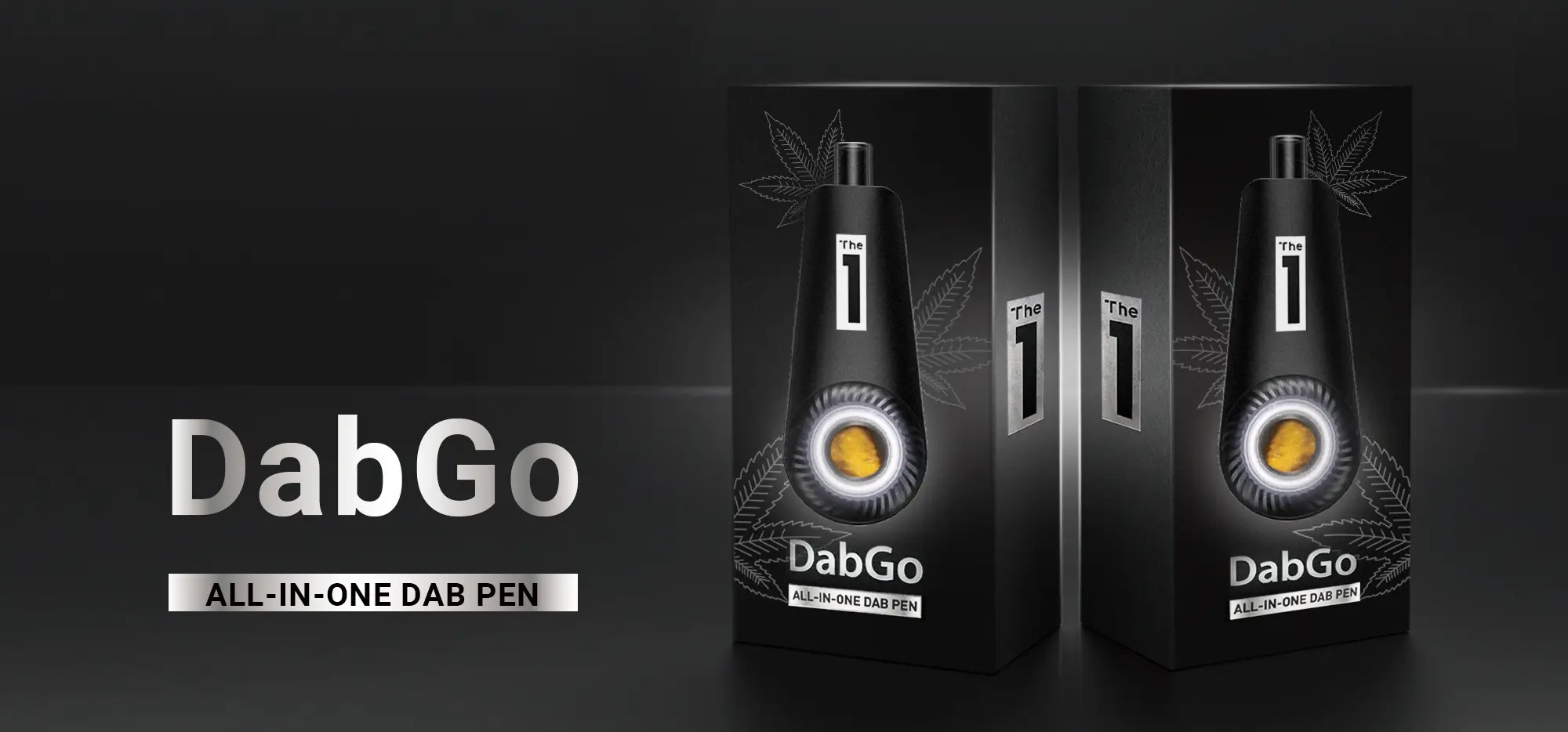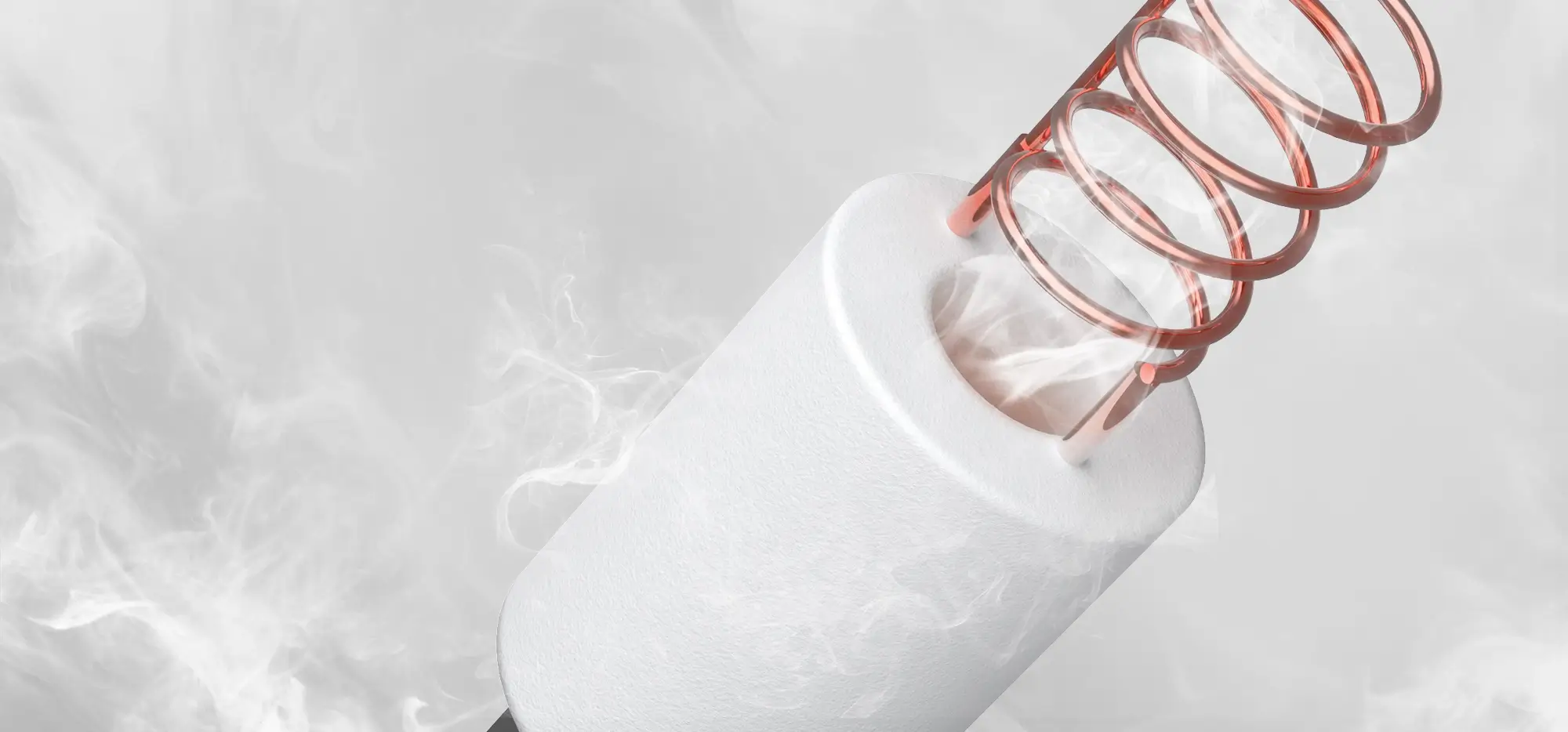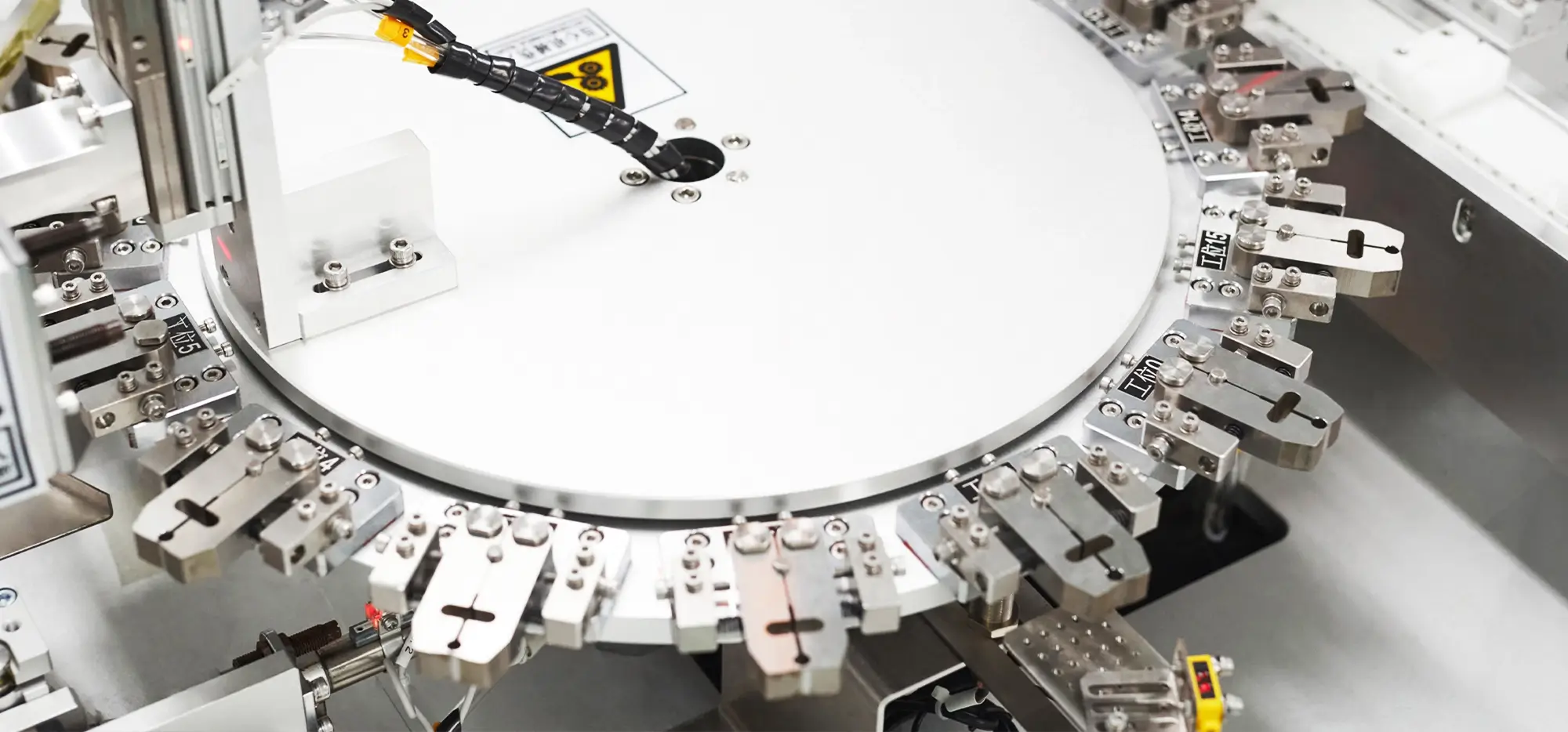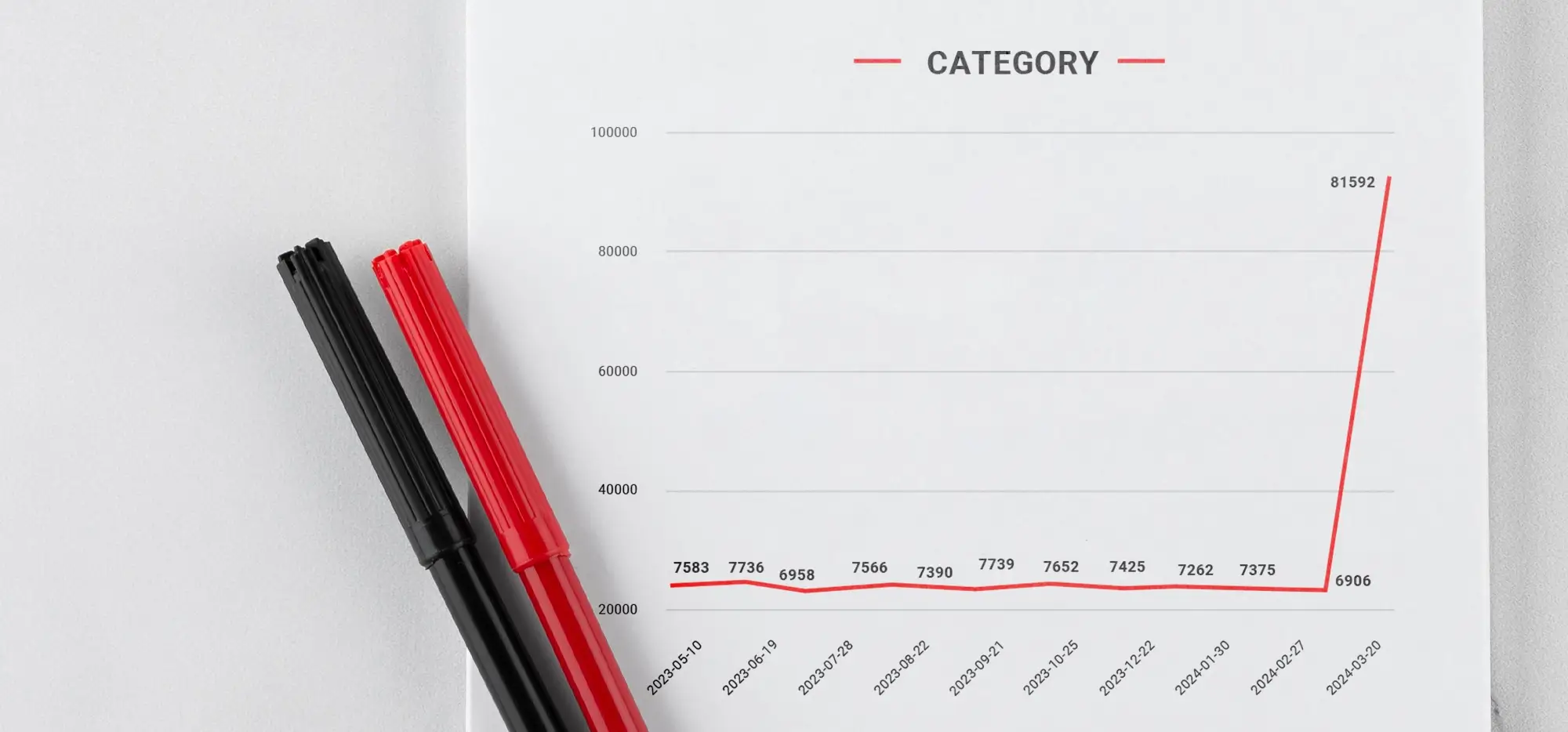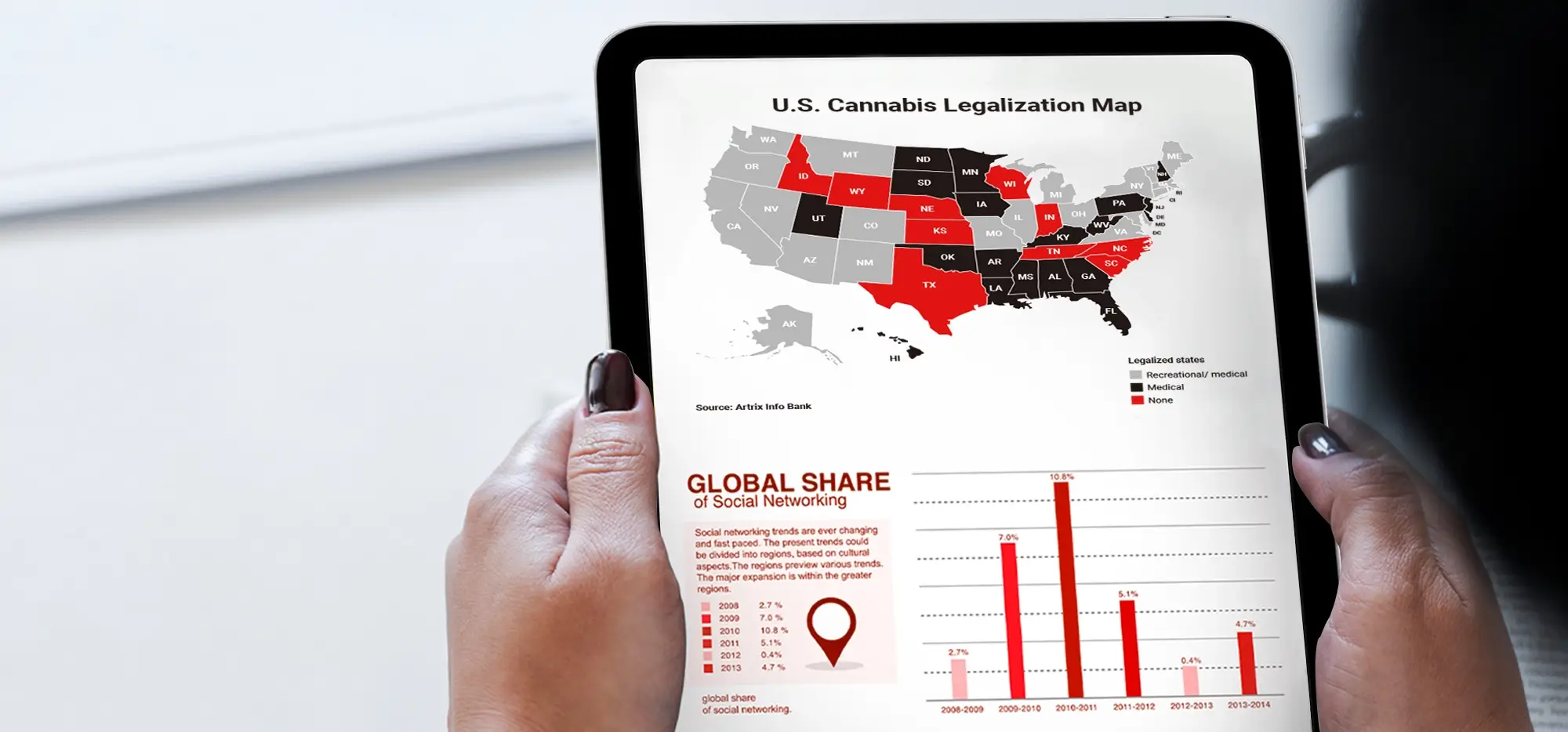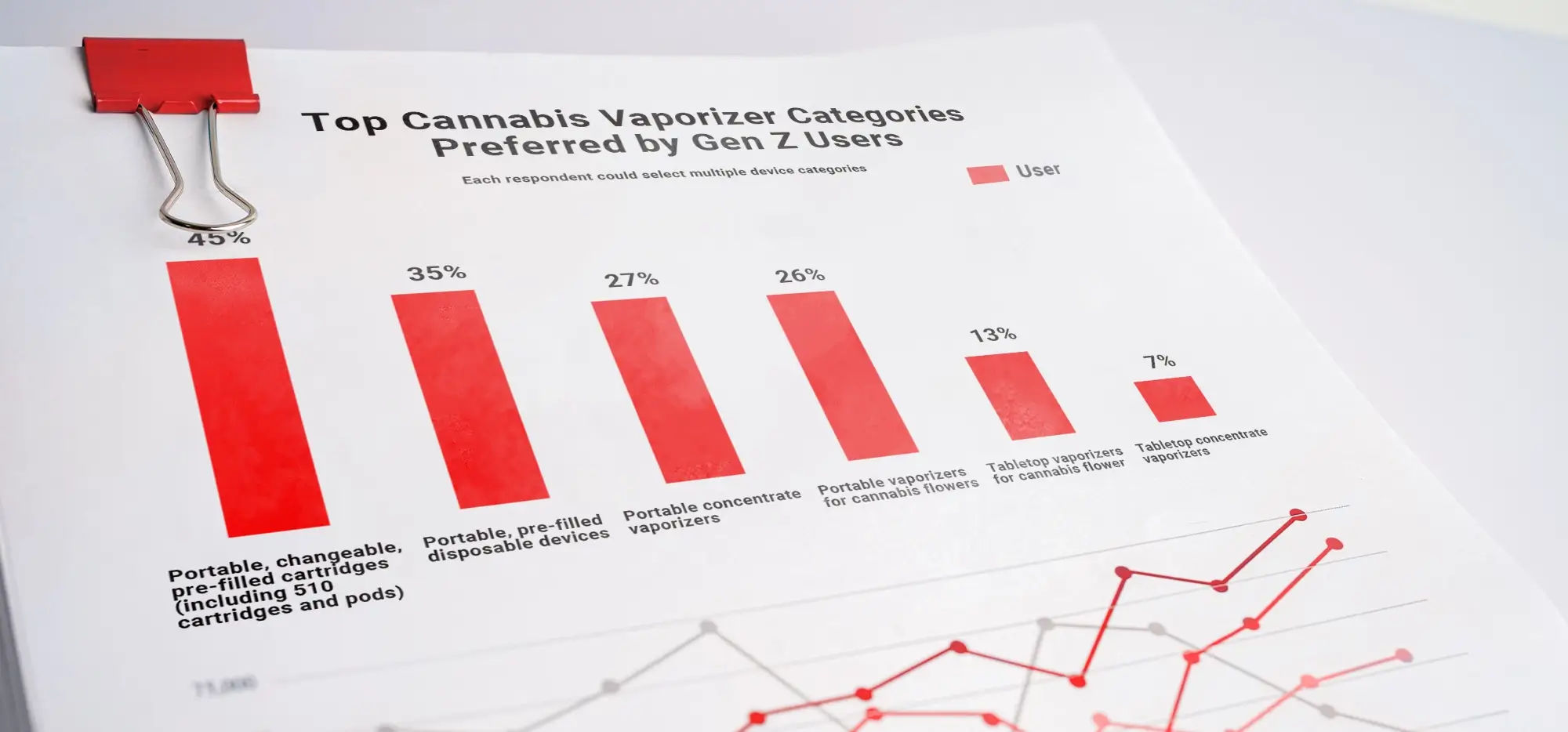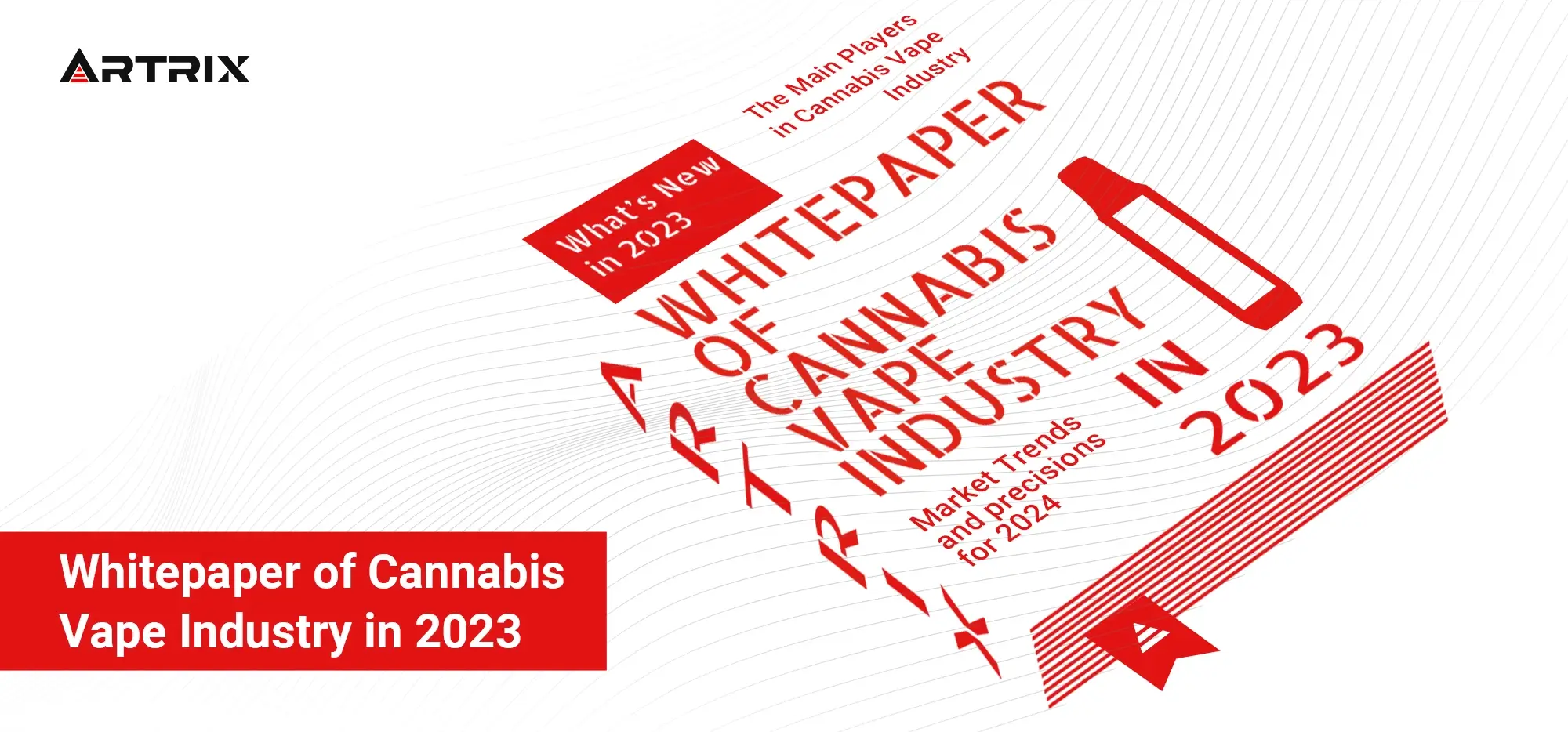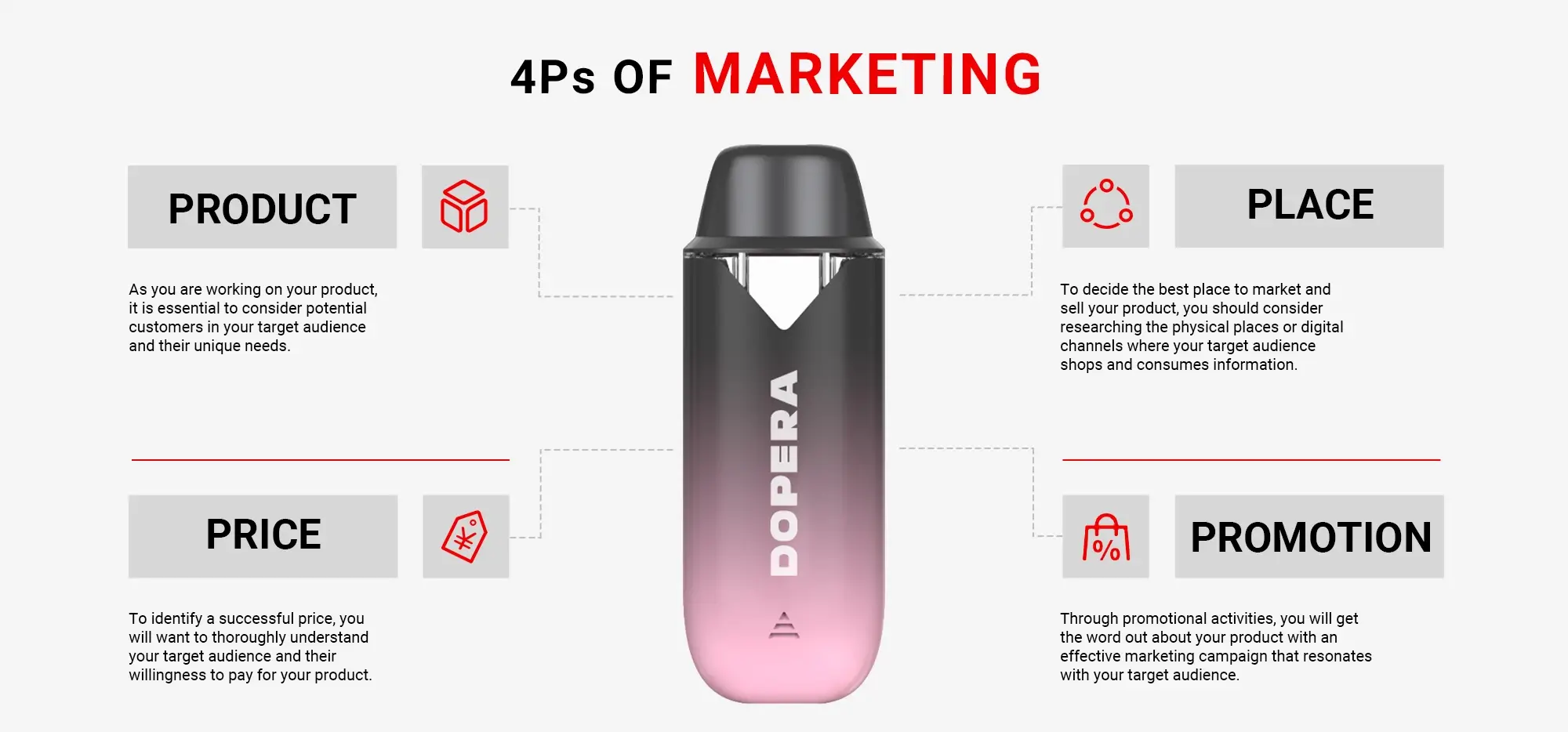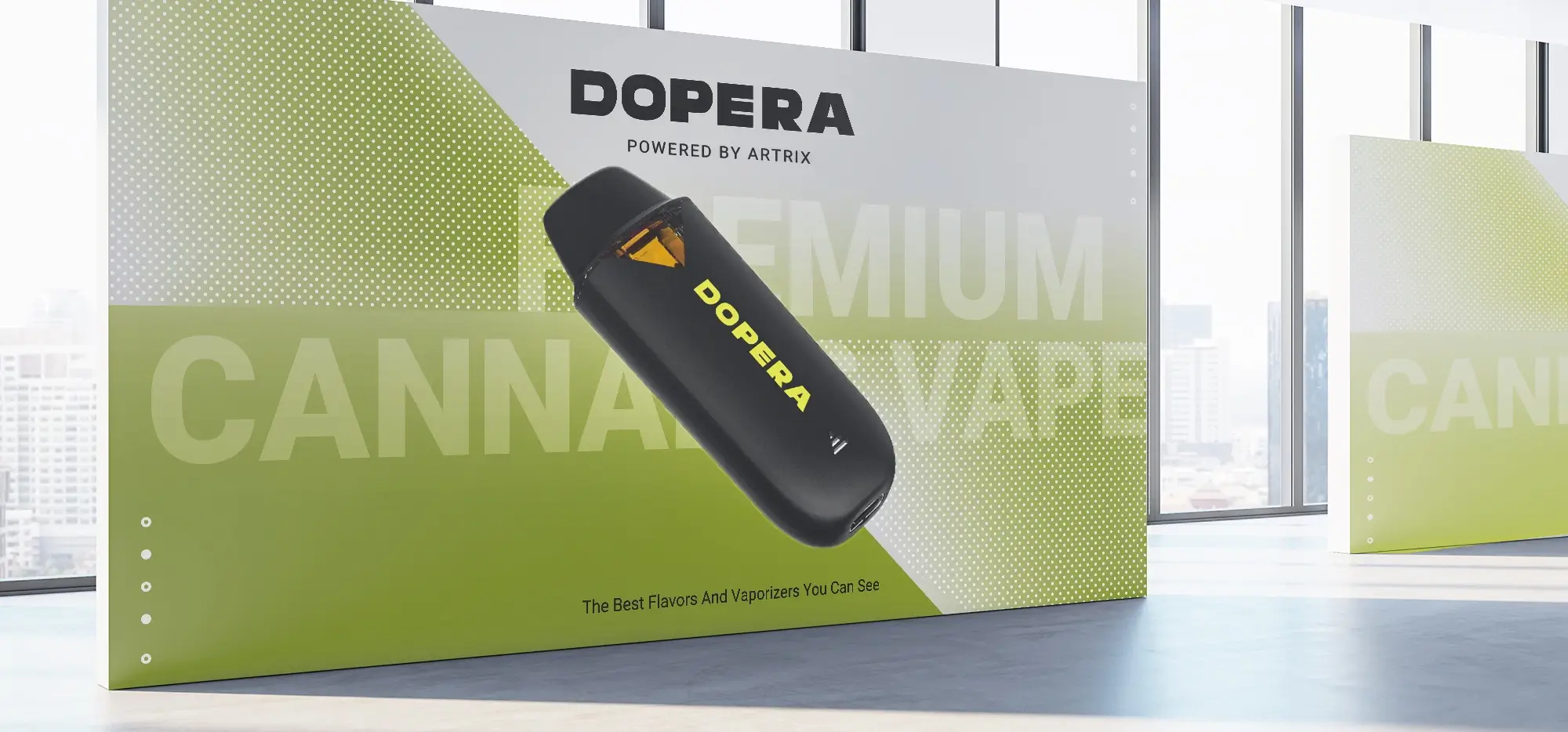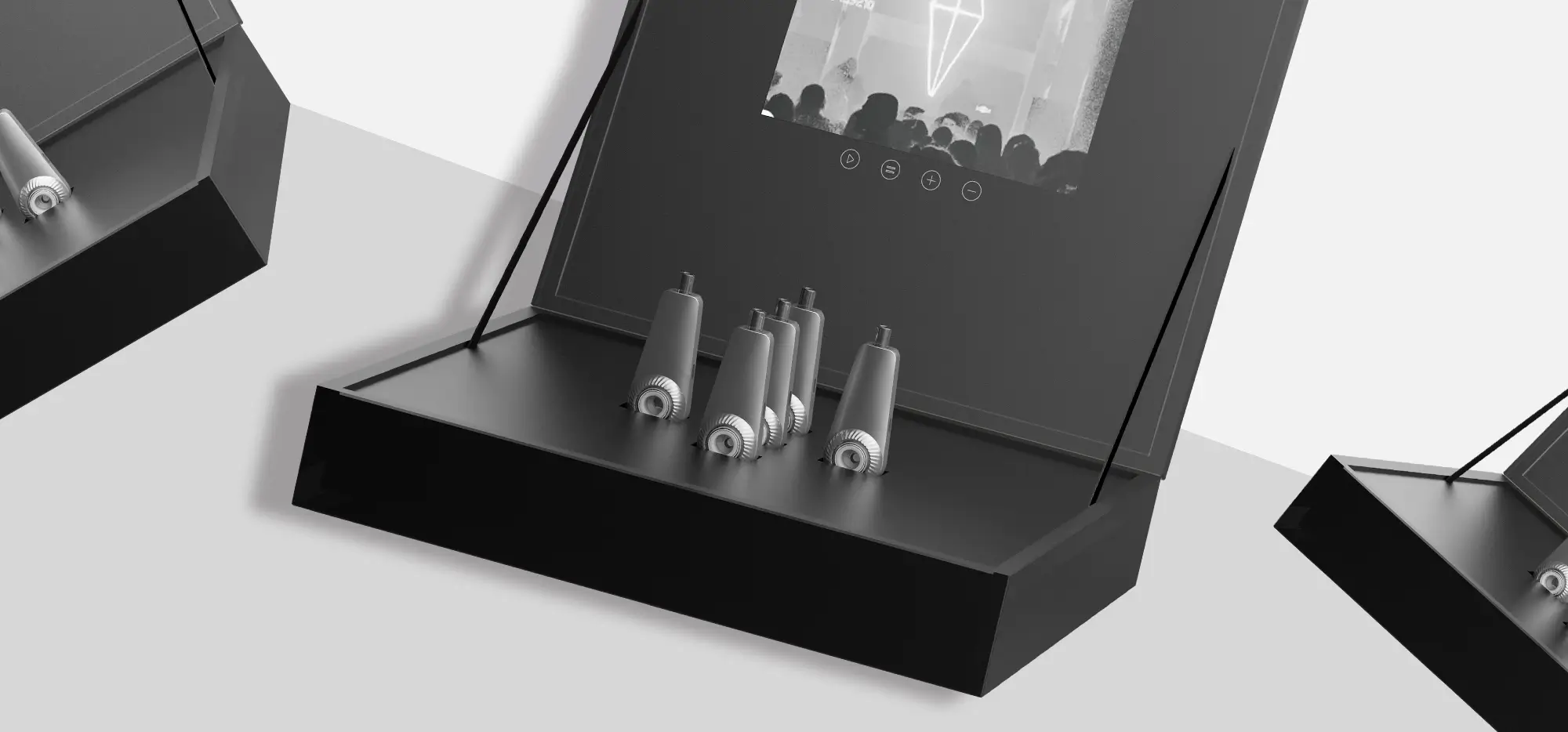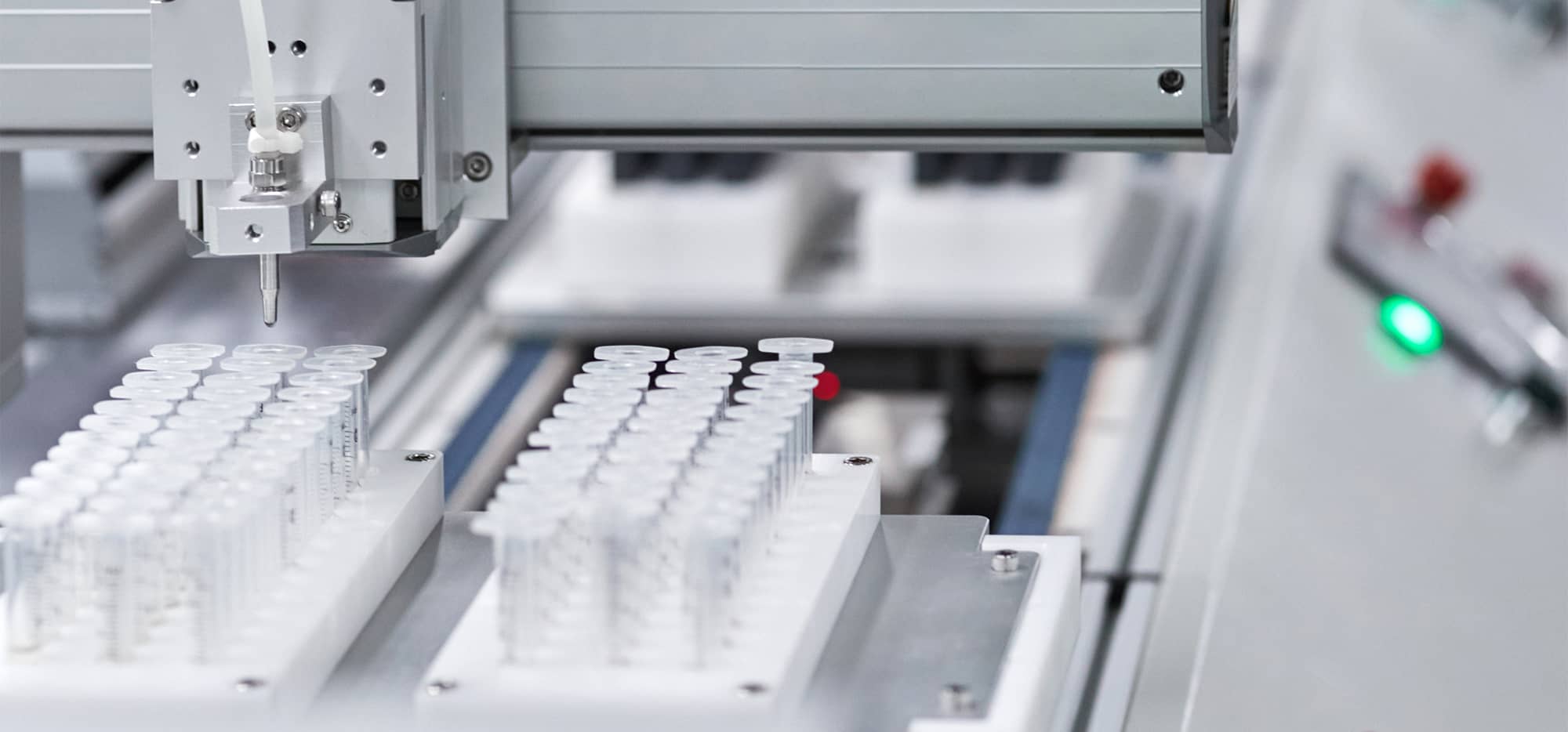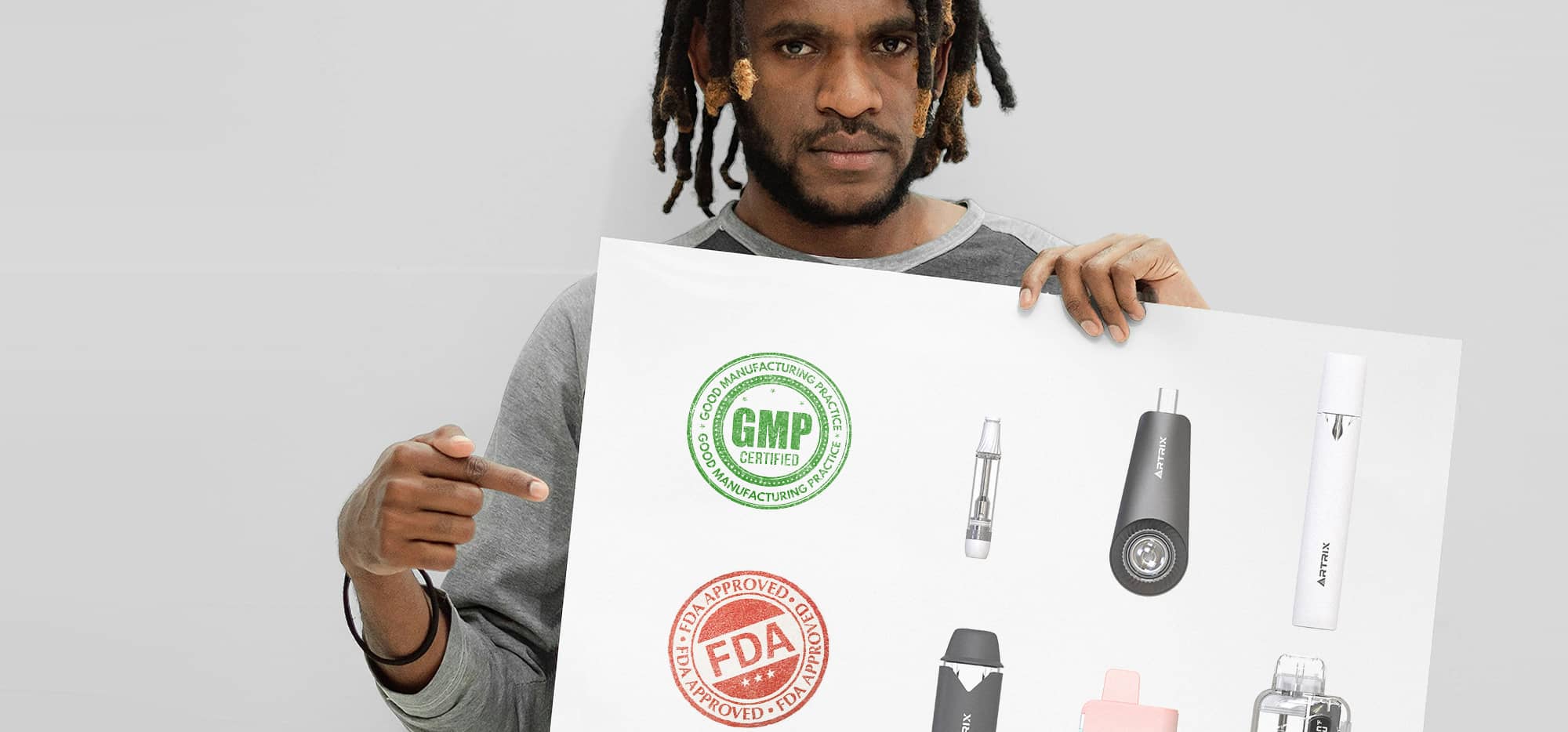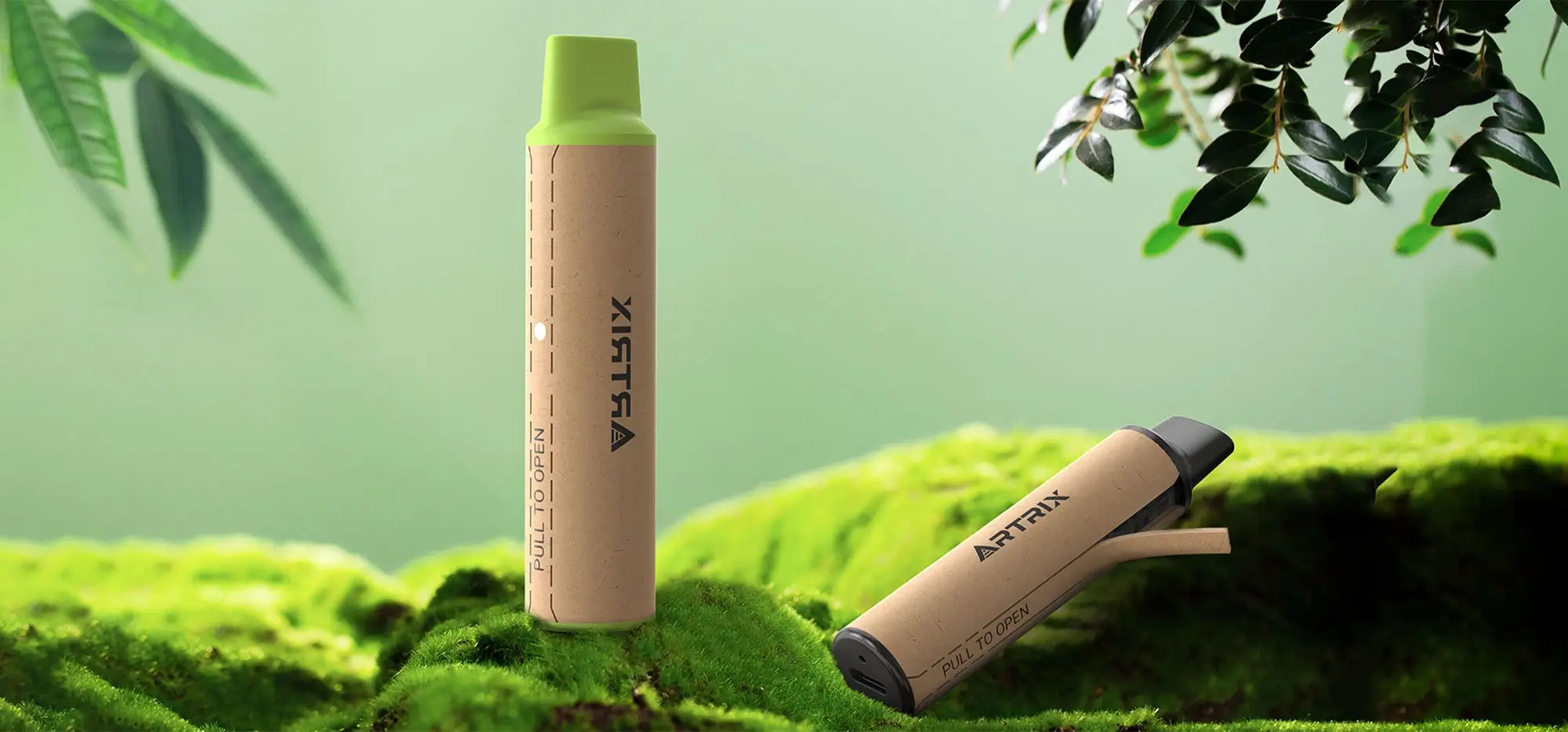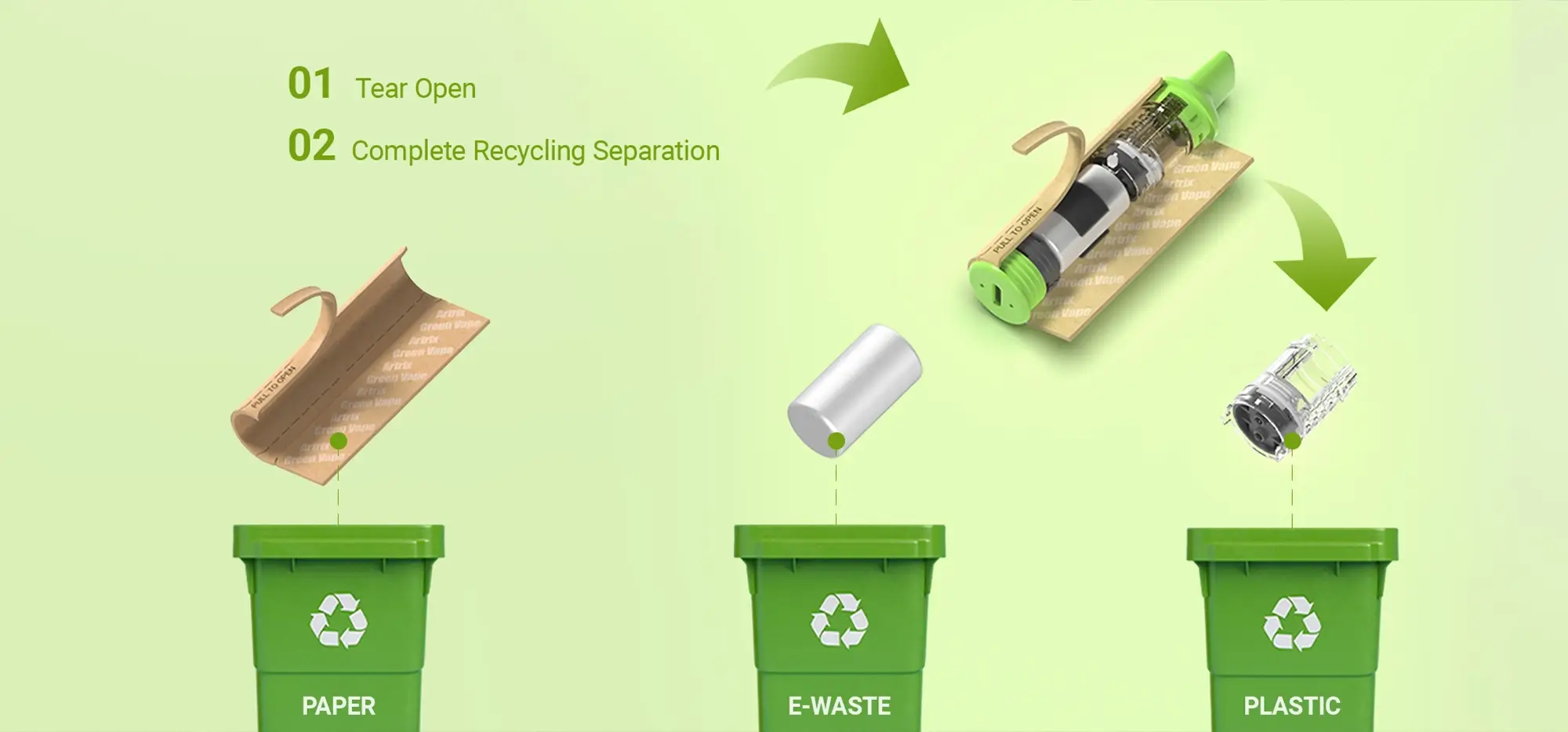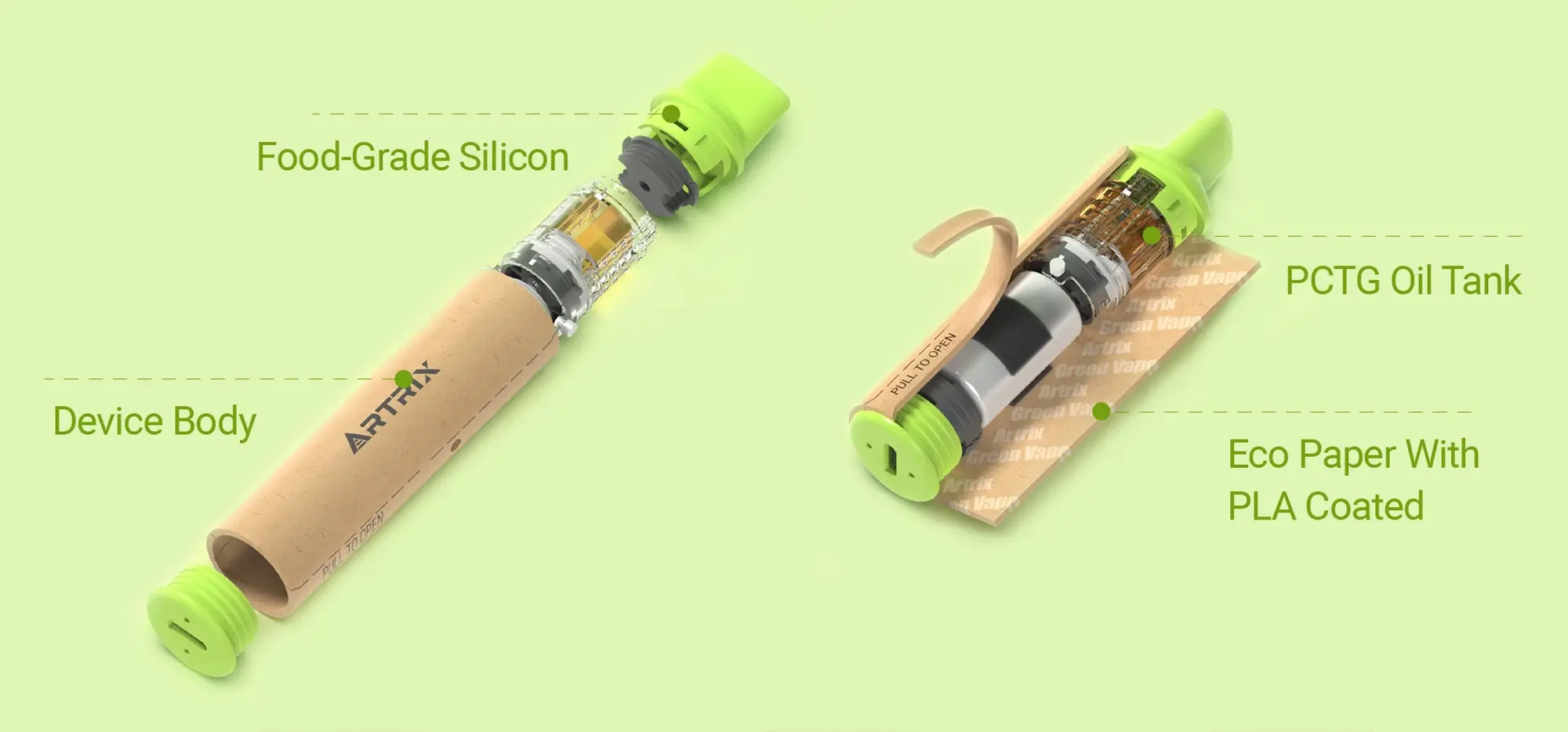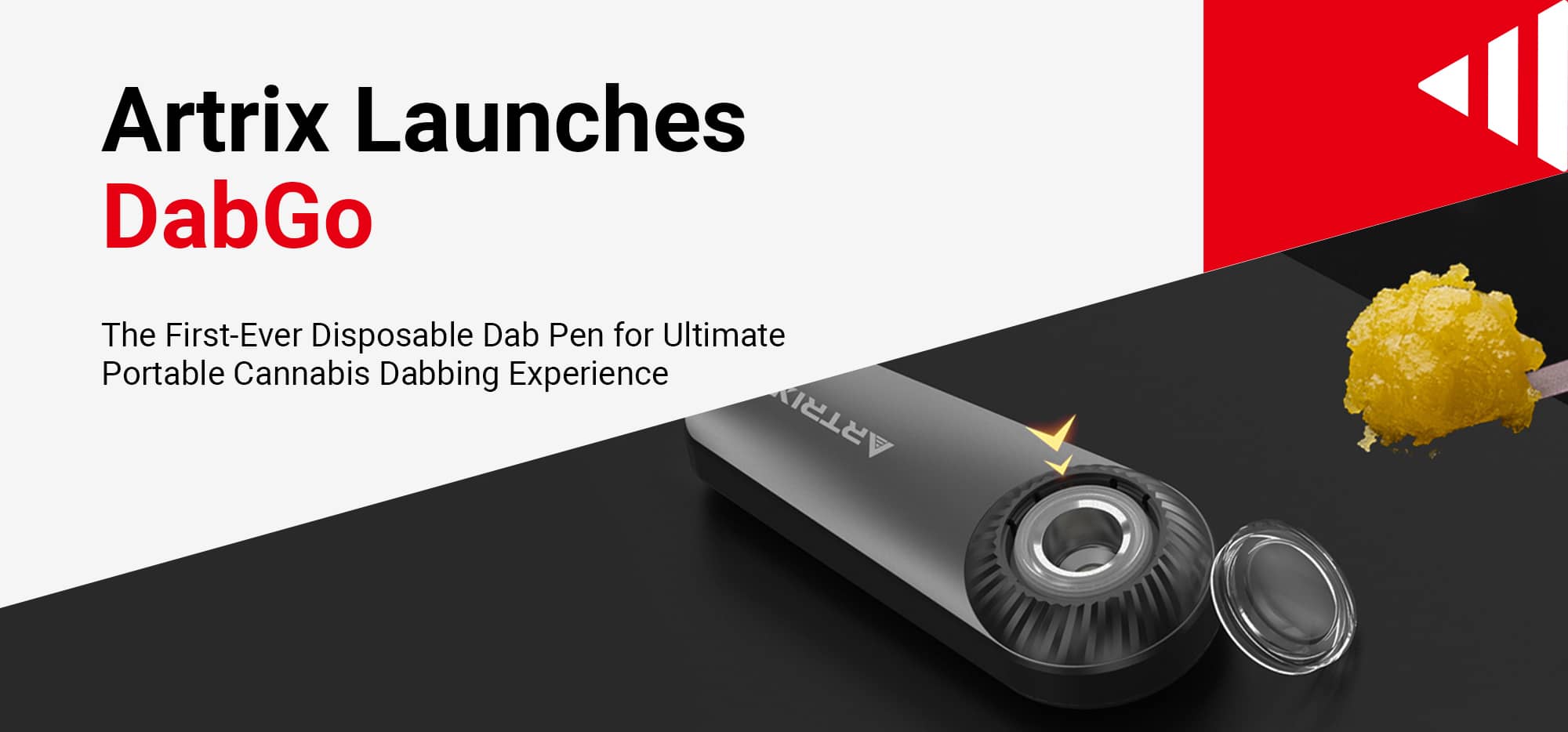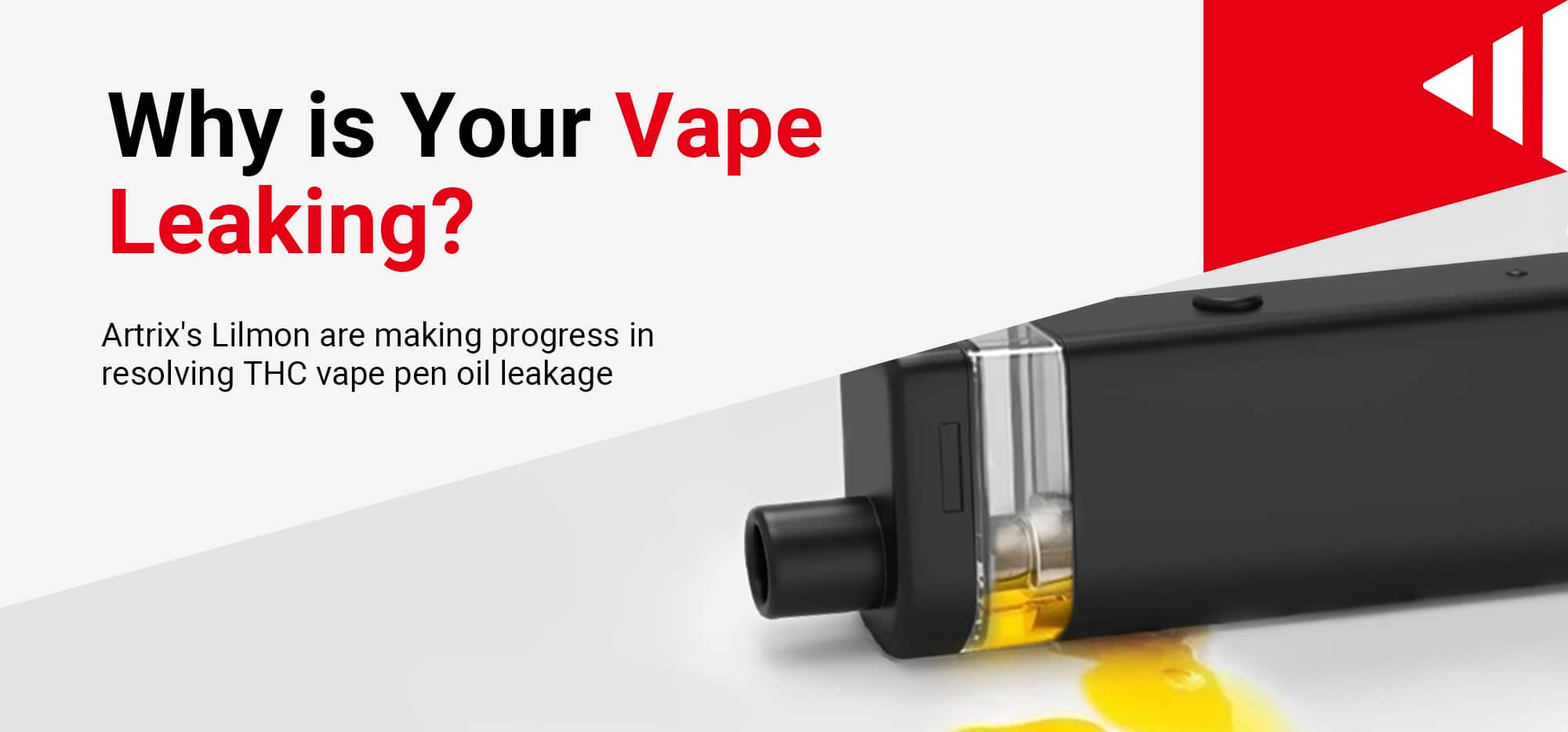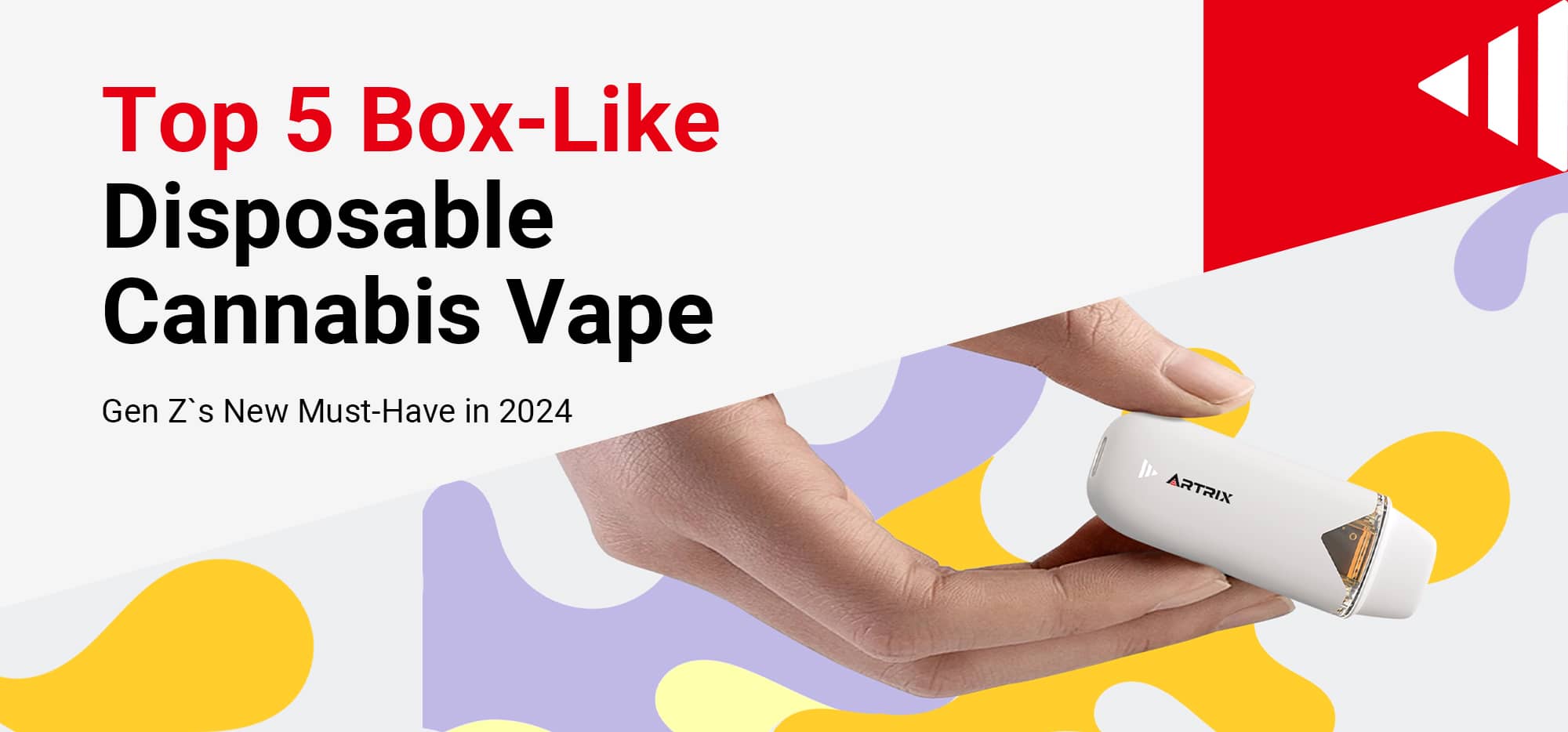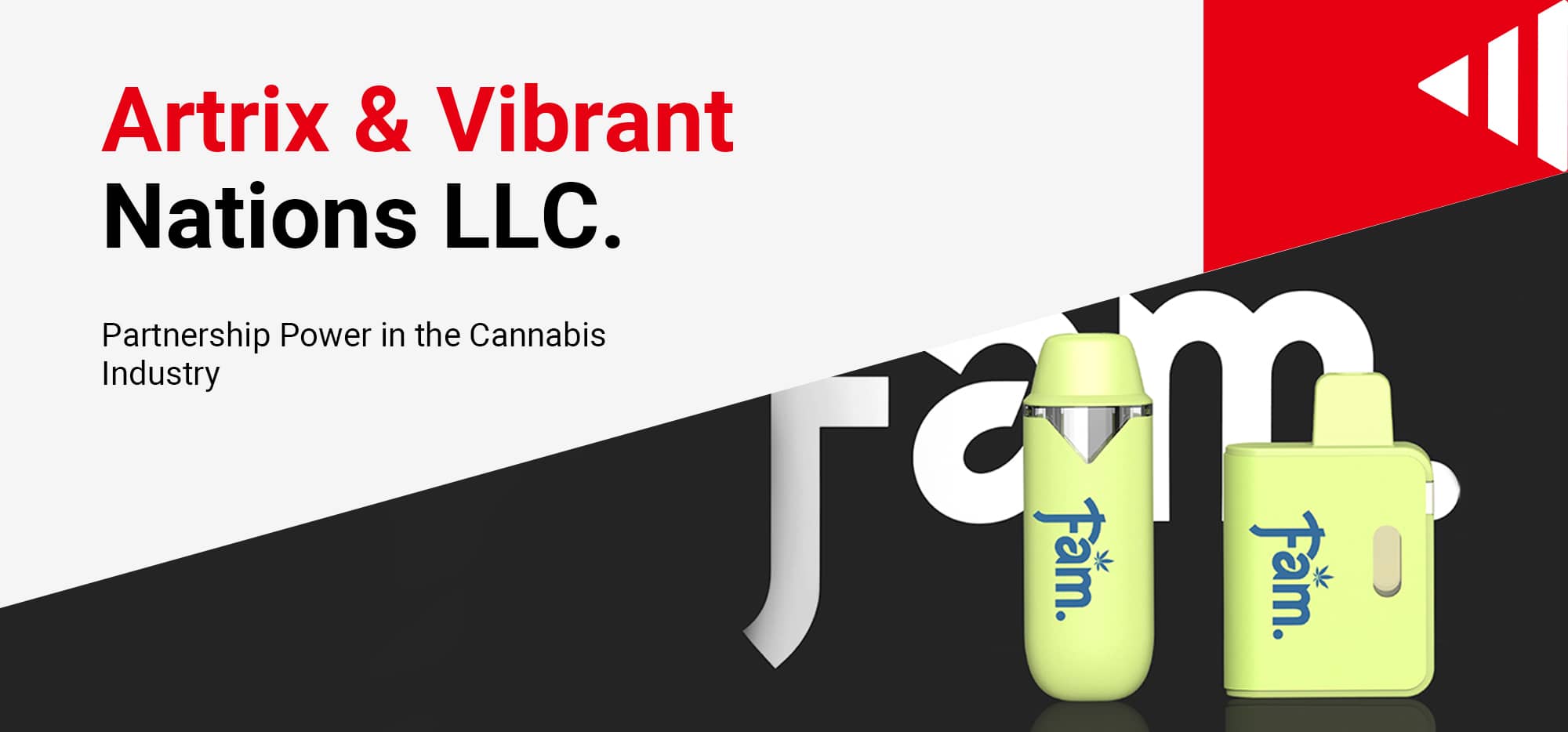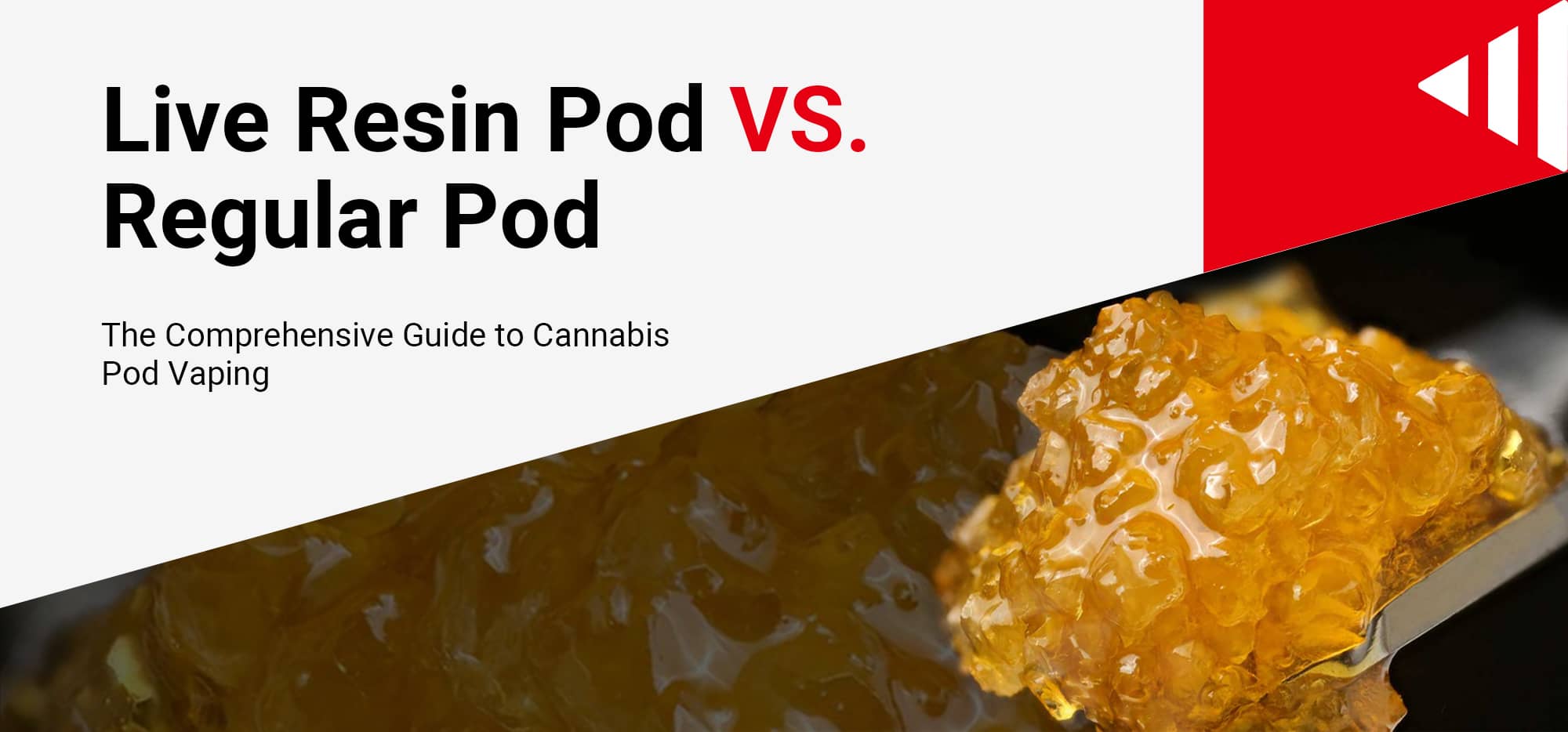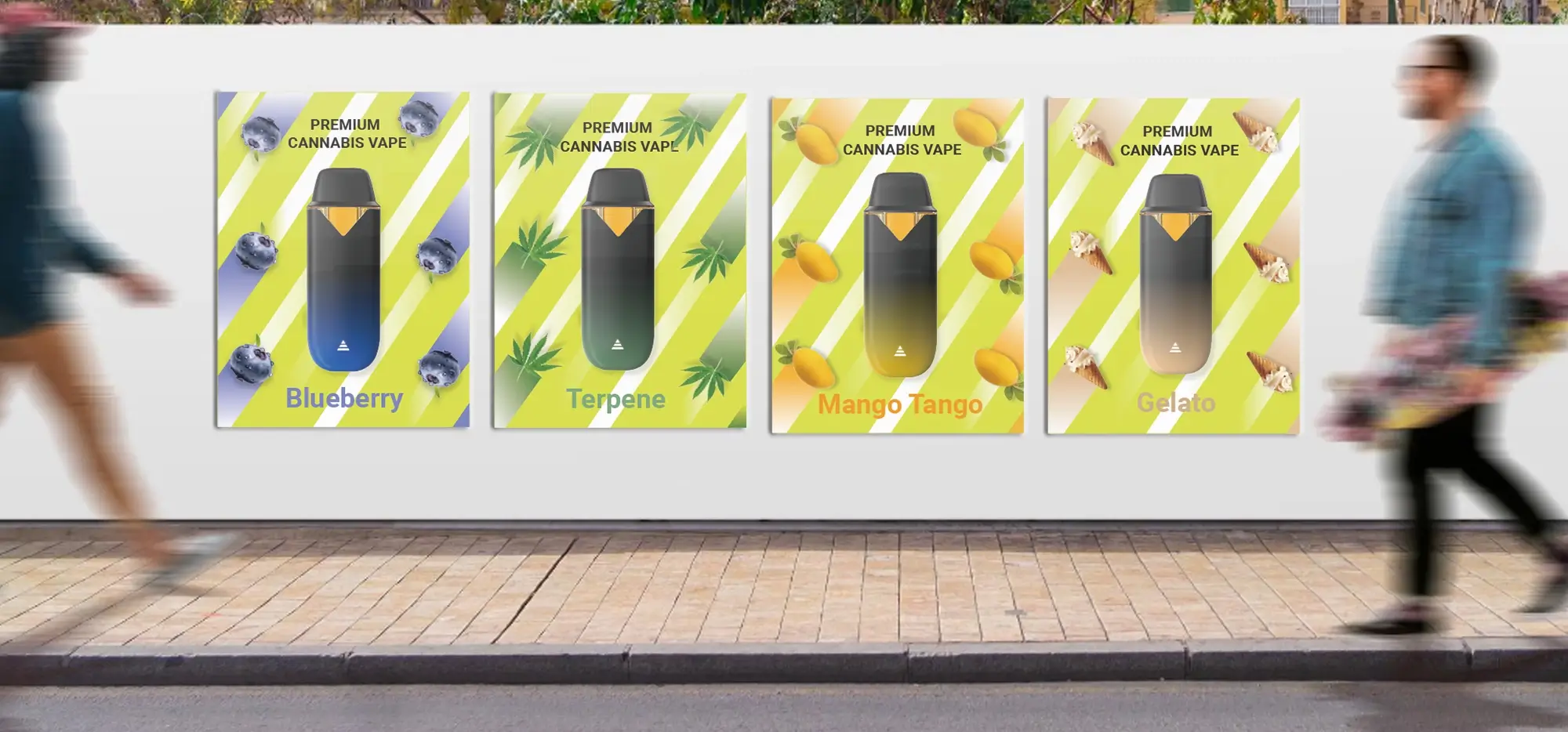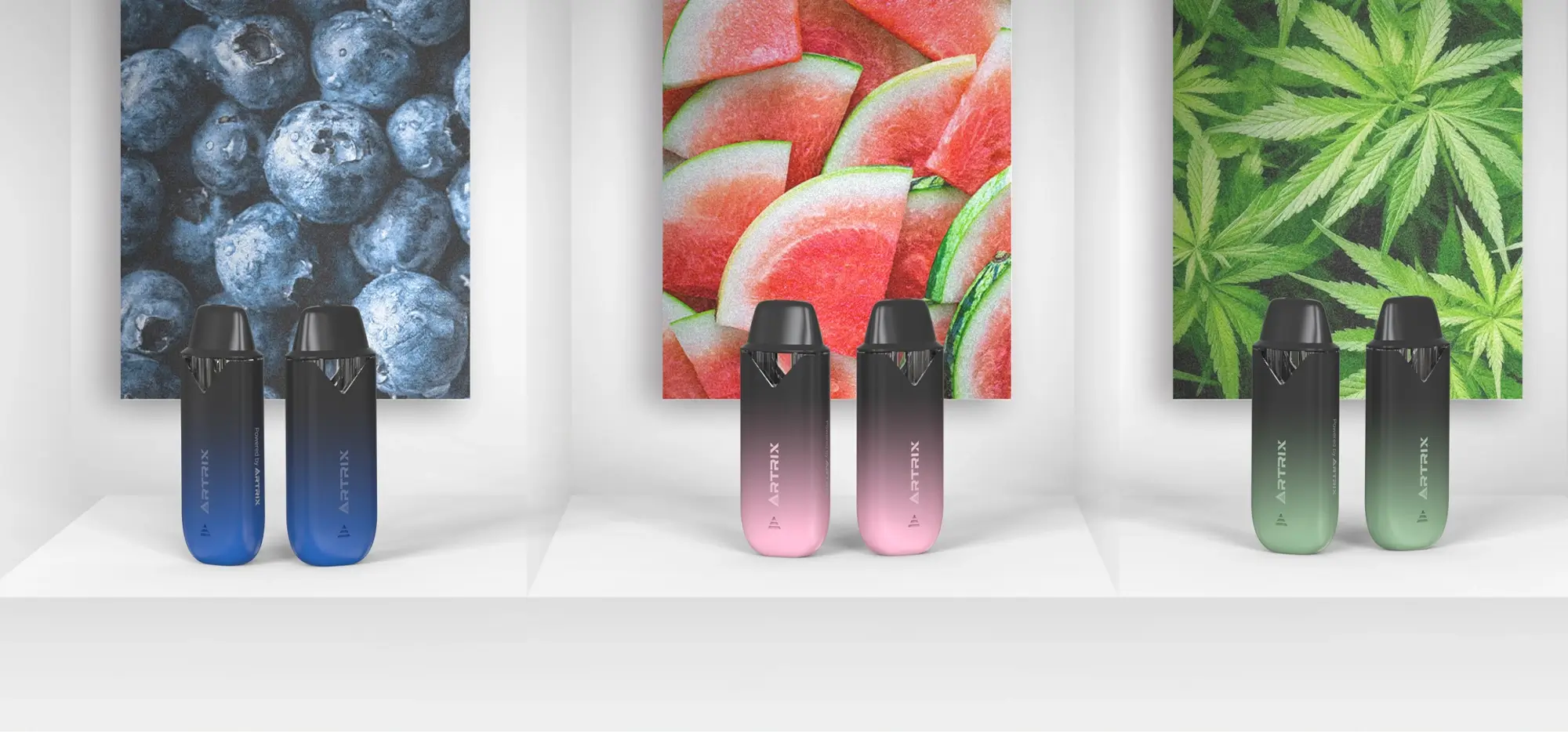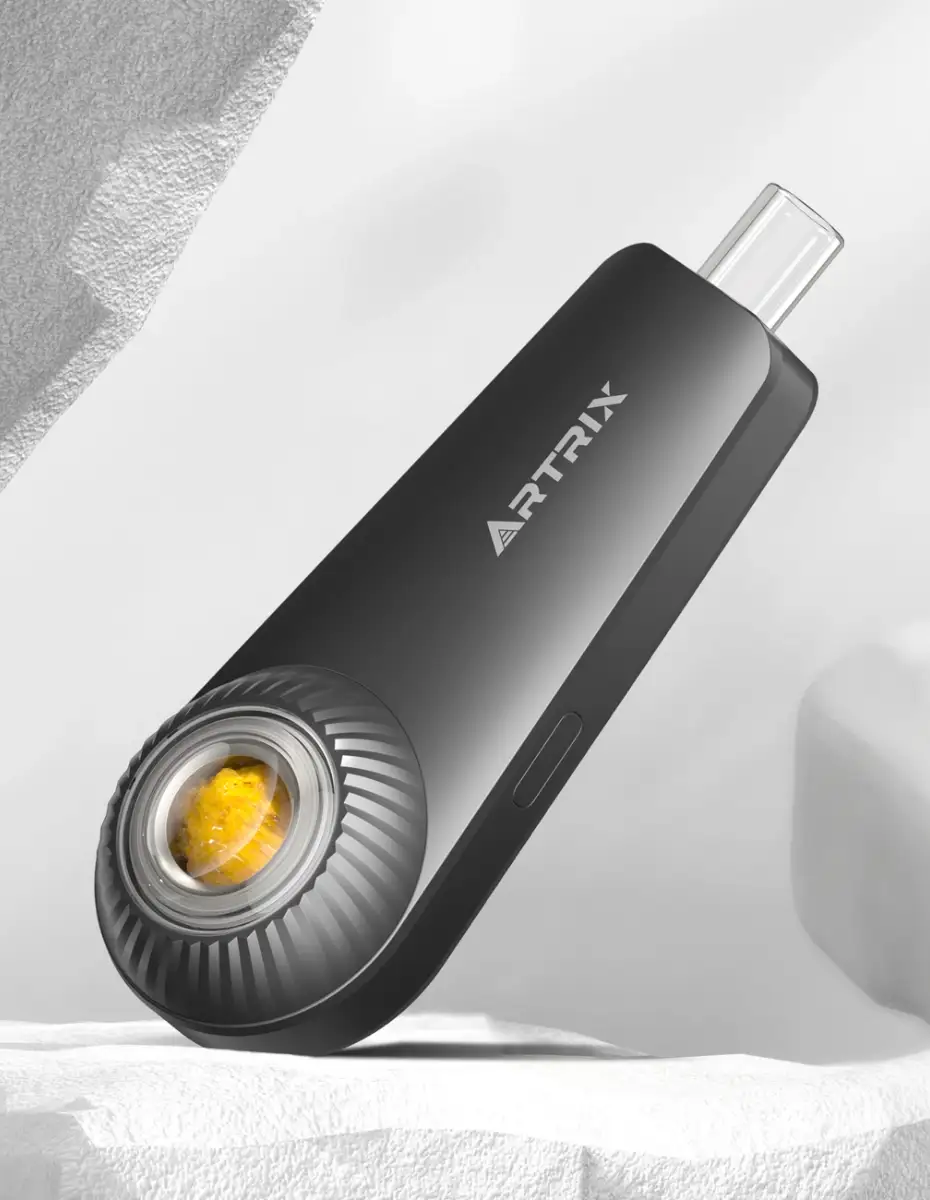Delta-8 THC vs. Delta-9 THC: What’s The Difference?
Quick Decision Guide
Delta-8 THC is a milder cannabinoid that produces about 50-70% the potency of regular marijuana with clearer, less anxiety-inducing effects, while delta-9 THC is the main psychoactive compound in traditional cannabis that delivers stronger, more euphoric highs. Delta-8 exists in a legal gray area and is widely available in retail stores, whereas delta-9 remains federally illegal but is available through licensed dispensaries in states where marijuana is legal.
| Factor | Delta-8 THC | Delta-9 THC |
|---|---|---|
| Potency | 50-70% as strong | Full strength |
| Effects | Mild, clear-headed, functional | Intense, euphoric, impairing |
| Anxiety Risk | Low | Moderate to high |
| Legal Status | Federally gray area, state-dependent | Federally illegal, state-legal in some |
| Availability | Wide retail, online | Licensed dispensaries only |
| Testing/Regulation | Minimal to none | Strict in legal markets |
| Best For | Beginners, daytime use, anxiety-prone | Experienced users, strong relief needed |
| Drug Test | Will test positive | Will test positive |
| Natural Occurrence | <1% in cannabis | 15-25% in marijuana |
| Duration | 3-5 hours (inhaled) | 2-4 hours (inhaled) |
Introduction
Understanding the differences between Delta 8 THC vs Delta 9 is important for anyone interested in cannabis products. These compounds share many similarities, but they also have unique properties and effects.
Let’s explore what sets Delta-8 THC apart from Delta-9 THC, and examine their potential benefits and risks.
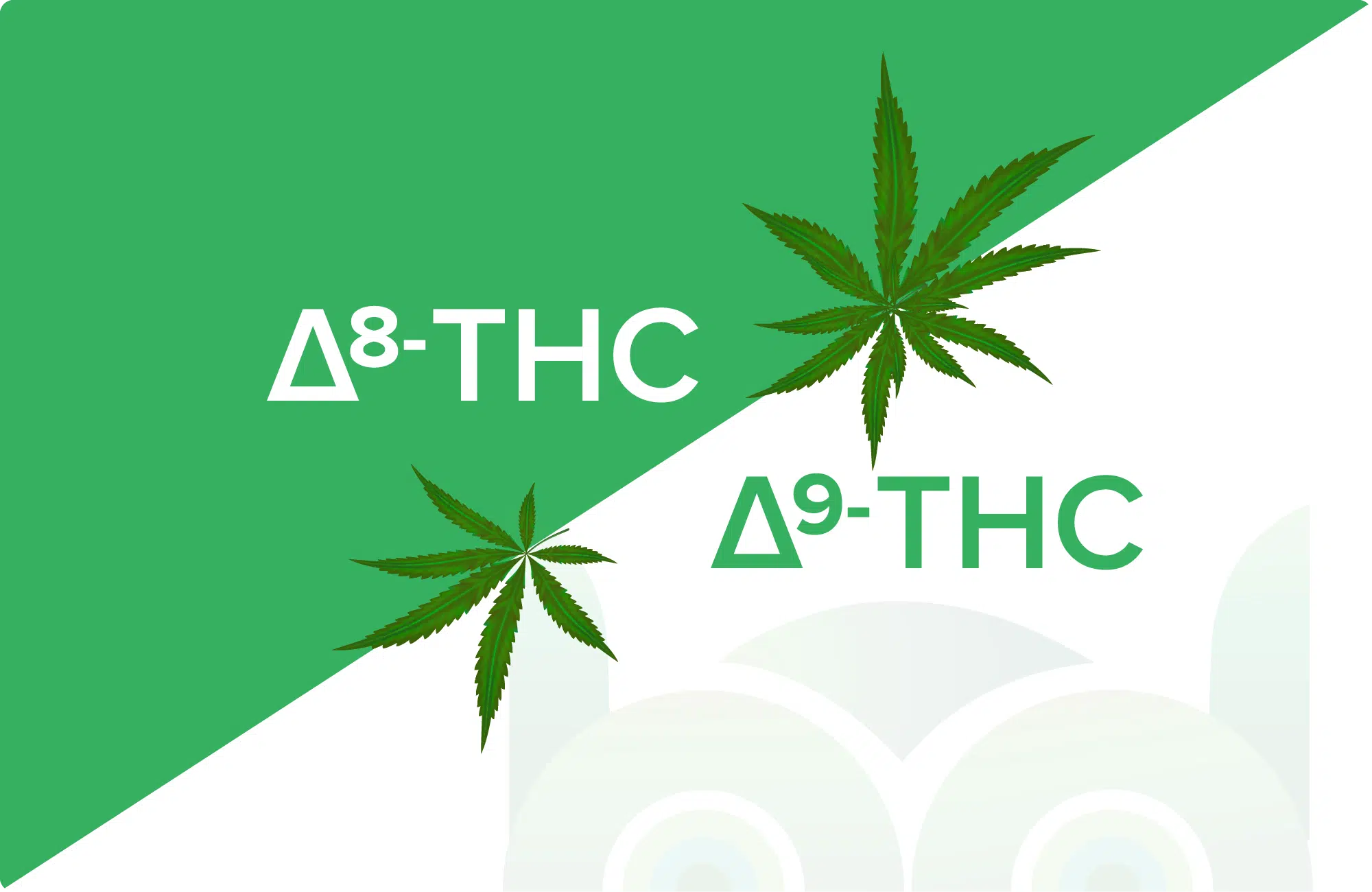
Understanding the Key Differences
Delta-8 and Delta-9 THC are nearly identical cannabinoids that differ only in the location of a double bond on their molecular structure, with Delta-9 having stronger psychoactive effects due to better binding with brain receptors. Delta-8 provides about 50-70% of Delta-9’s potency with a milder, more manageable experience, though it requires synthetic production from hemp-derived CBD since it occurs naturally in less than 1% of cannabis plants compared to Delta-9’s 15-25% natural abundance.
Chemical Structure and How It Affects Your Experience
| Aspect | Delta-8 THC | Delta-9 THC |
|---|---|---|
| Double Bond Location | 8th carbon atom | 9th carbon atom |
| Molecular Similarity | Nearly identical to Delta-9 | Nearly identical to Delta-8 |
| CB1 Receptor Binding | Weaker affinity (~67% strength) | Strong, direct binding |
| Structural Impact | Creates gentler psychoactive effects | Produces classic cannabis “high” |
Delta-8 and Delta-9 THC are remarkably similar molecules with one crucial difference: the location of a double bond on their carbon chain. Delta-9 has this bond on the 9th carbon atom, while Delta-8 has it on the 8th. This tiny structural variation creates significant differences in how these cannabinoids interact with your body’s endocannabinoid system.
Delta-9 THC binds strongly to CB1 receptors in your brain, producing the classic cannabis “high.” Delta-8 also binds to these same receptors but with less affinity—about two-thirds the strength—resulting in a gentler, more manageable experience. This molecular difference explains why many users describe Delta-8 as “cannabis lite” or “diet weed.”
Potency and Psychoactive Effects Compared
| Factor | Delta-8 THC | Delta-9 THC |
|---|---|---|
| Overall Potency | 50-70% as potent as Delta-9 | Full potency (baseline) |
| Euphoria Level | Mild, manageable euphoria | Intense euphoria |
| Perception Changes | Subtle alterations | Significant altered perception |
| User Experience | “Cannabis lite” or “diet weed” | Traditional cannabis experience |
| Overwhelm Risk | Low – more manageable | Higher – can feel overwhelming |
| Daily Functionality | Better maintained | May be impaired |
| Ideal For | New users, THC-sensitive individuals | Experienced users seeking full effects |
The potency difference between these cannabinoids is substantial and consistent. Delta-9 THC delivers the traditional cannabis experience: intense euphoria, altered perception, and strong psychoactive effects that can sometimes feel overwhelming, especially for new users or those sensitive to THC.
Delta-8 THC typically produces effects that are 50-70% as potent as Delta-9. Users consistently report feeling relaxed and mildly euphoric without the intensity that can sometimes accompany Delta-9 use. The reduced potency makes Delta-8 particularly appealing for those who want the benefits of THC without feeling “too high” or losing functionality during daily activities.
Natural vs. Synthetic: Where Each Cannabinoid Comes From
| Characteristic | Delta-8 THC | Delta-9 THC |
|---|---|---|
| Natural Abundance | <1% of plant cannabinoid profile | 15-25% in marijuana strains |
| Extraction Method | Primarily synthesized from CBD | Direct extraction from plant |
| Production Process | Chemical conversion using acids/heat | Minimal processing required |
| Source Material | Hemp-derived CBD | Cannabis plant material |
| Commercial Availability | Requires manufacturing | Naturally concentrated |
Delta-9 THC occurs abundantly in cannabis plants, often comprising 15-25% of the plant’s cannabinoid content in marijuana strains. It’s extracted directly from the plant material through various methods, making it a naturally concentrated cannabinoid that requires minimal processing.
Delta-8 THC tells a different story. While it does occur naturally in cannabis, it’s present in extremely small amounts—typically less than 1% of the plant’s cannabinoid profile. Due to this scarcity, most commercial Delta-8 is synthesized from hemp-derived CBD through a chemical conversion process using acids and heat. This manufacturing method has raised important questions about product safety and regulation that consumers should consider.
What Is Delta-8 THC?
Delta-8 THC, short for Delta-8-tetrahydrocannabinol, is a naturally occurring cannabinoid found in the cannabis plant. Chemically, Delta-8 THC is almost identical to Delta-9 THC. The only difference is the location of a double bond between two carbon atoms. This small difference changes how Delta-8 THC interacts with our bodies.
.
What Is Delta-9 THC?
Delta-9 THC, or Delta-9-tetrahydrocannabinol, is the most famous and abundant psychoactive compound in cannabis. It is the main reason why marijuana produces a high.
Effects and Experience Comparison
Delta-8 THC provides a milder, more clear-headed high that allows users to remain functional and focused, making it popular for daytime use, while Delta-9 THC delivers the traditional, more potent cannabis experience with intense euphoria and deep relaxation that’s often better suited for evening use. The key difference lies in intensity: Delta-8 offers gentle effects with reduced anxiety and paranoia risks, whereas Delta-9 provides stronger psychoactive effects but with a higher likelihood of overwhelming sensations and side effects.
The Delta-8 High: Mild, Clear-Headed, and Functional
Delta-8 users frequently describe their experience as a “clear-headed high” that allows them to remain functional and focused. The effects typically include a gentle body relaxation, mild euphoria, and enhanced mood without the mental fog or couch-lock associated with stronger cannabinoids. Many users report feeling more sociable and creative while maintaining the ability to complete tasks, making Delta-8 popular for daytime use.
The onset of Delta-8 effects tends to be gradual and smooth, reducing the likelihood of overwhelming sensations. Users often compare it to having a glass of wine versus several shots of liquor—pleasant and manageable rather than intoxicating.
The Delta-9 High: Traditional, Potent, and Euphoric
Delta-9 THC provides the classic cannabis experience that recreational users seek. The effects are pronounced and can include intense euphoria, heightened sensory perception, time distortion, and deep relaxation. Creative thinking and philosophical insights are common, along with the characteristic “munchies” and fits of laughter.
The experience can be profoundly relaxing or energizing depending on the strain and individual response. However, the intensity means Delta-9 is often better suited for evening use or when you don’t need to maintain high functionality.
Side Effects: Anxiety, Paranoia, and Other Considerations
Both cannabinoids can cause side effects, but their intensity and likelihood differ significantly. Delta-9 THC, especially at higher doses, can trigger anxiety, paranoia, rapid heart rate, and temporary memory impairment. Some users experience coordination problems, making activities like driving dangerous and illegal.
Delta-8 THC generally produces milder side effects. While dry mouth and red eyes are still common, the reduced potency means anxiety and paranoia are far less likely. Users who find Delta-9 overwhelming often report that Delta-8 provides benefits without the uncomfortable mental effects. However, taking too much Delta-8 can still cause dizziness, fatigue, and mild confusion.
Onset Time and Duration: What to Expect
When smoked or vaped, both cannabinoids take effect within 10-15 minutes, with Delta-9 effects typically lasting 2-4 hours and Delta-8 effects lasting 3-5 hours. The slightly longer duration of Delta-8 may be due to its different metabolic pathway.
Edibles tell a different story. Delta-8 edibles often take 30-90 minutes to take effect, while Delta-9 edibles can take 45-120 minutes. Once active, Delta-9 edibles can last 4-8 hours with lingering effects, while Delta-8 edibles typically last 4-6 hours with a gentler comedown.
Choosing the Right Option for Your Needs
The choice between Delta-8 and Delta-9 THC ultimately depends on your experience level, desired effects, and lifestyle requirements. Delta-8 is better suited for beginners, daytime use, and those seeking mild relaxation without impairment, while Delta-9 is ideal for experienced users who want stronger therapeutic benefits or the full recreational cannabis experience.
Best Uses for Delta-8 THC (Daytime, Beginners, Anxiety-Prone)
Delta-8 shines in situations where you want cannabinoid benefits without impairment. It’s ideal for cannabis beginners who want to explore THC effects cautiously, as the milder potency provides a more forgiving introduction. Those prone to cannabis-induced anxiety often find Delta-8 provides relaxation without triggering panic or paranoia.
Daytime users appreciate Delta-8 for managing mild pain, reducing stress, or enhancing mood while maintaining productivity. It’s particularly popular among professionals who want to unwind after work without becoming incapacitated for evening responsibilities.
Best Uses for Delta-9 THC (Recreation, Sleep, Pain Relief)
Delta-9 THC excels when stronger effects are desired or needed. Recreational users seeking the full cannabis experience typically prefer Delta-9 for its potent euphoric effects and ability to profoundly alter consciousness. Medical users with severe pain, chemotherapy-induced nausea, or persistent insomnia often find Delta-9’s strength necessary for adequate relief.
The sedating effects of certain Delta-9 strains make them excellent for promoting deep sleep, while others can enhance social experiences, creative pursuits, or physical activities like yoga or hiking.
Therapeutic Benefits Comparison
Both cannabinoids offer therapeutic potential, though research on Delta-8 is limited compared to Delta-9’s extensive study history. Delta-9 has proven benefits for chronic pain, nausea, appetite stimulation, and certain seizure disorders. It’s FDA-approved in synthetic forms for specific medical conditions.
Delta-8 shows promise for similar applications but with potentially fewer side effects. Preliminary research and user reports suggest it may help with anxiety, mild to moderate pain, nausea, and appetite stimulation. The National Cancer Institute notes Delta-8’s potential as an anxiolytic (anxiety-reducing) cannabinoid with neuroprotective properties.
Which Is Right for You?
Choose Delta-8 if you want mild relaxation without strong intoxication, are new to cannabis, have experienced anxiety with regular THC, need to remain functional, live where Delta-9 is illegal but Delta-8 isn’t, or prefer longer-lasting but gentler effects.
Choose Delta-9 if you want the traditional cannabis experience, need strong pain or nausea relief, have experience with THC and know your tolerance, want maximum therapeutic benefits, live in a legal state with regulated products, or don’t mind temporary impairment.
Consider avoiding both if you undergo regular drug testing, have a history of substance abuse, experience severe anxiety or paranoia, are pregnant or breastfeeding, operate heavy machinery, or have certain mental health conditions that cannabis may exacerbate.
Are Delta-8 THC and Delta-9 THC Legal?
The legality of Delta-8 and Delta-9 THC depends on where you live. Delta-9 THC is illegal under federal law in the United States but allowed in some states for medical and recreational use. Delta-8 THC often falls into a legal gray area because it is usually derived from hemp. However, some states are starting to regulate or ban Delta-8 THC.
In summary, Delta-8 THC and Delta-9 THC are similar in many ways but offer different experiences and benefits. Knowing these differences helps you choose the cannabinoid that best fits your needs. For more information on cannabis products and their market appeal, check out our detailed blog post.
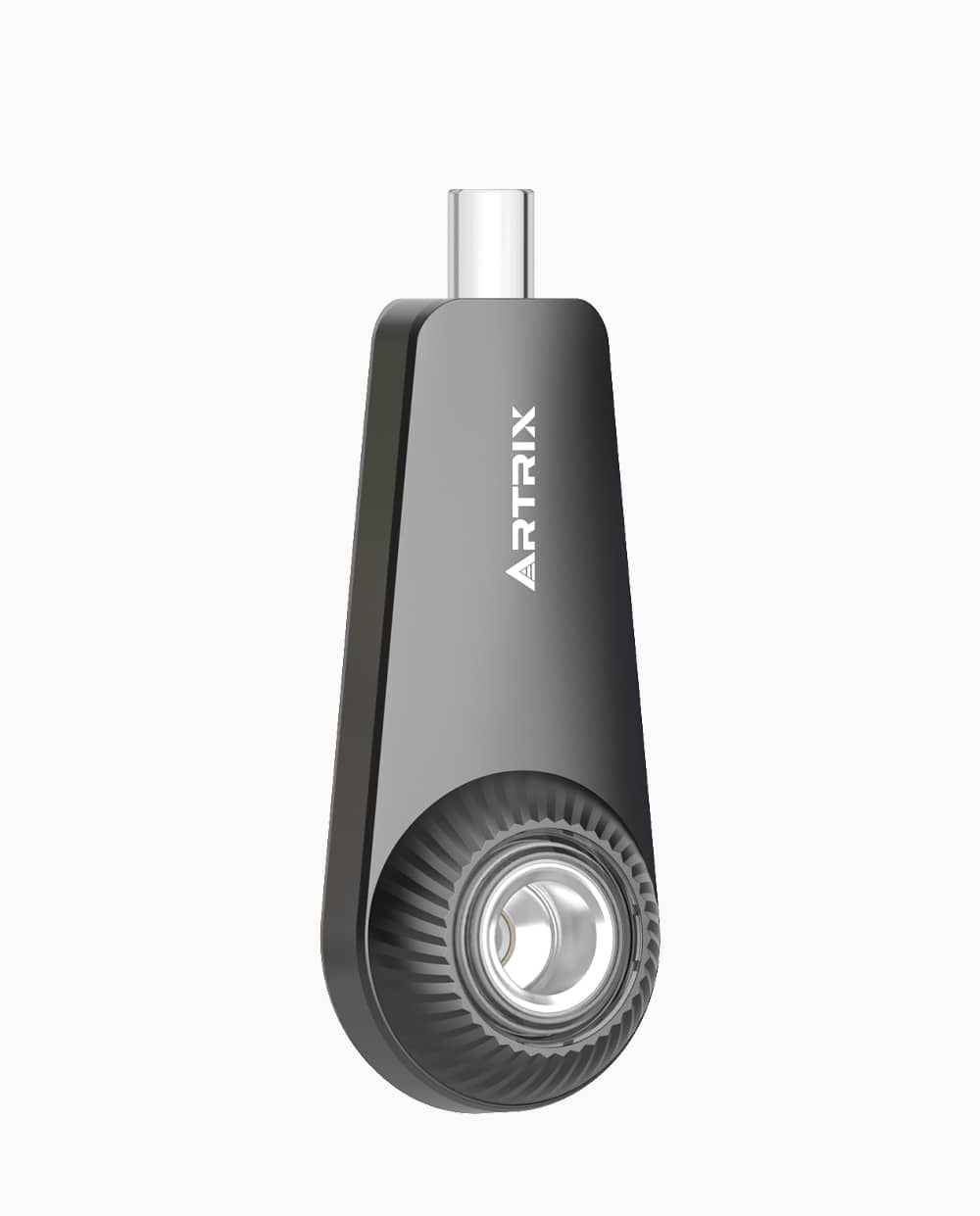
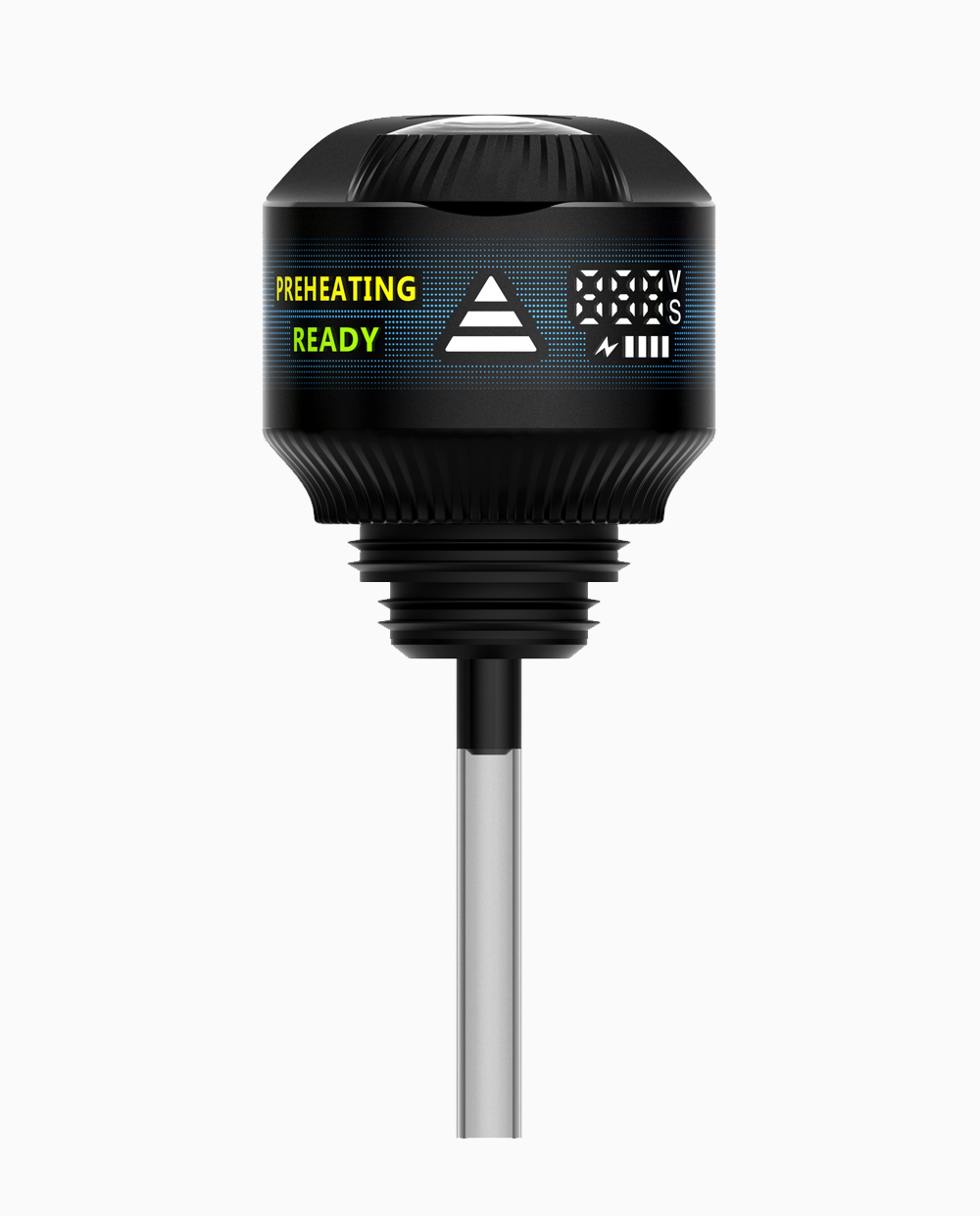
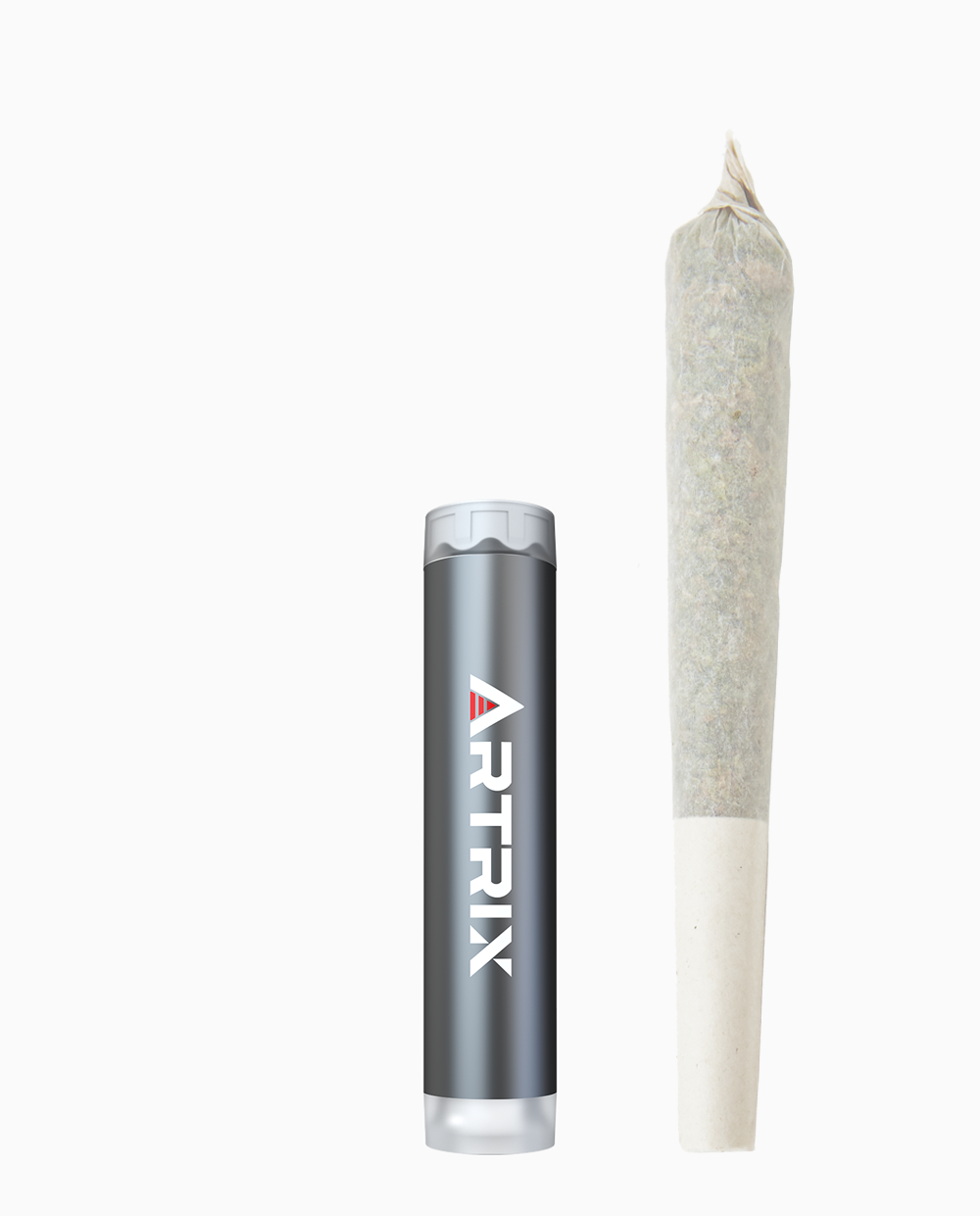
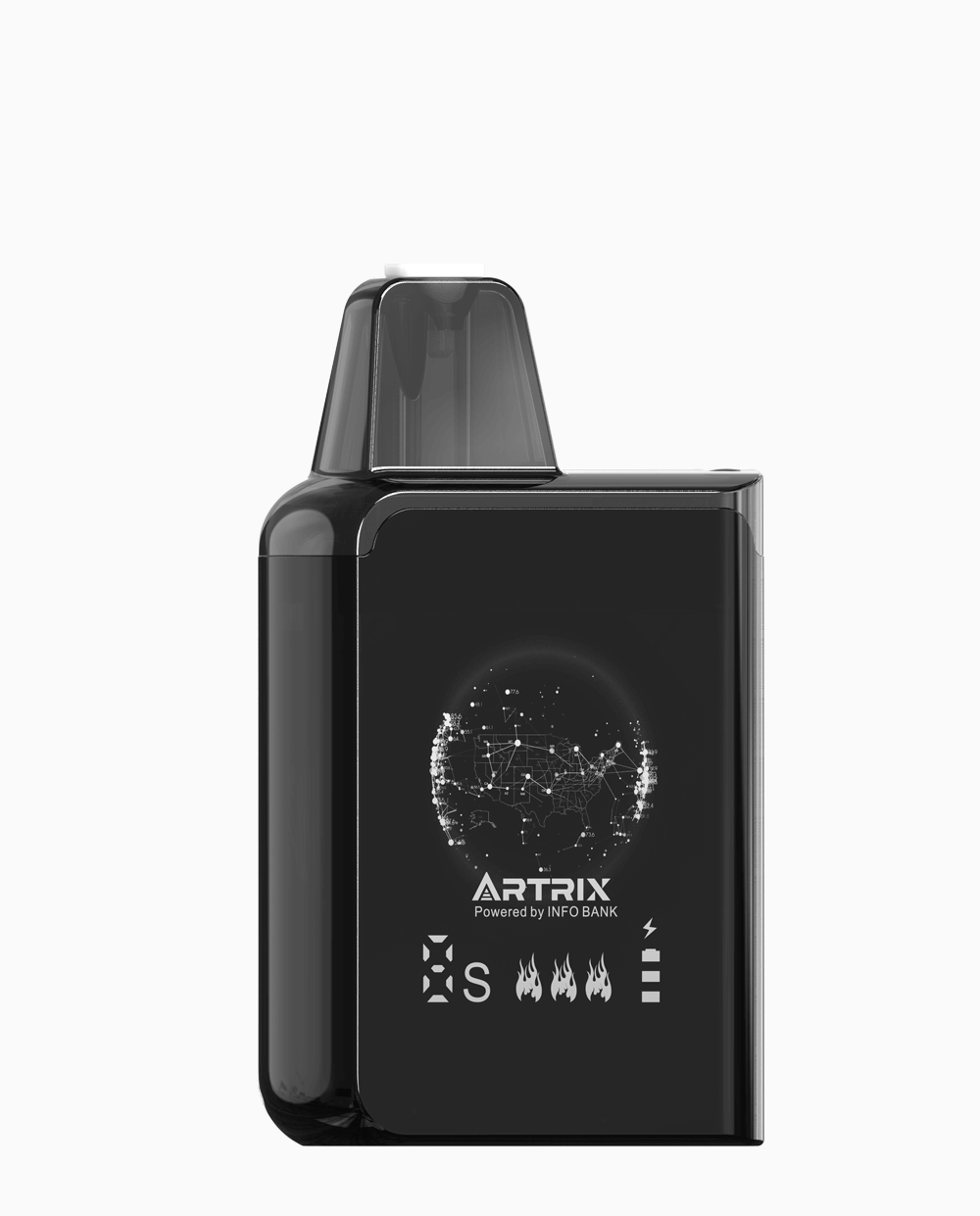
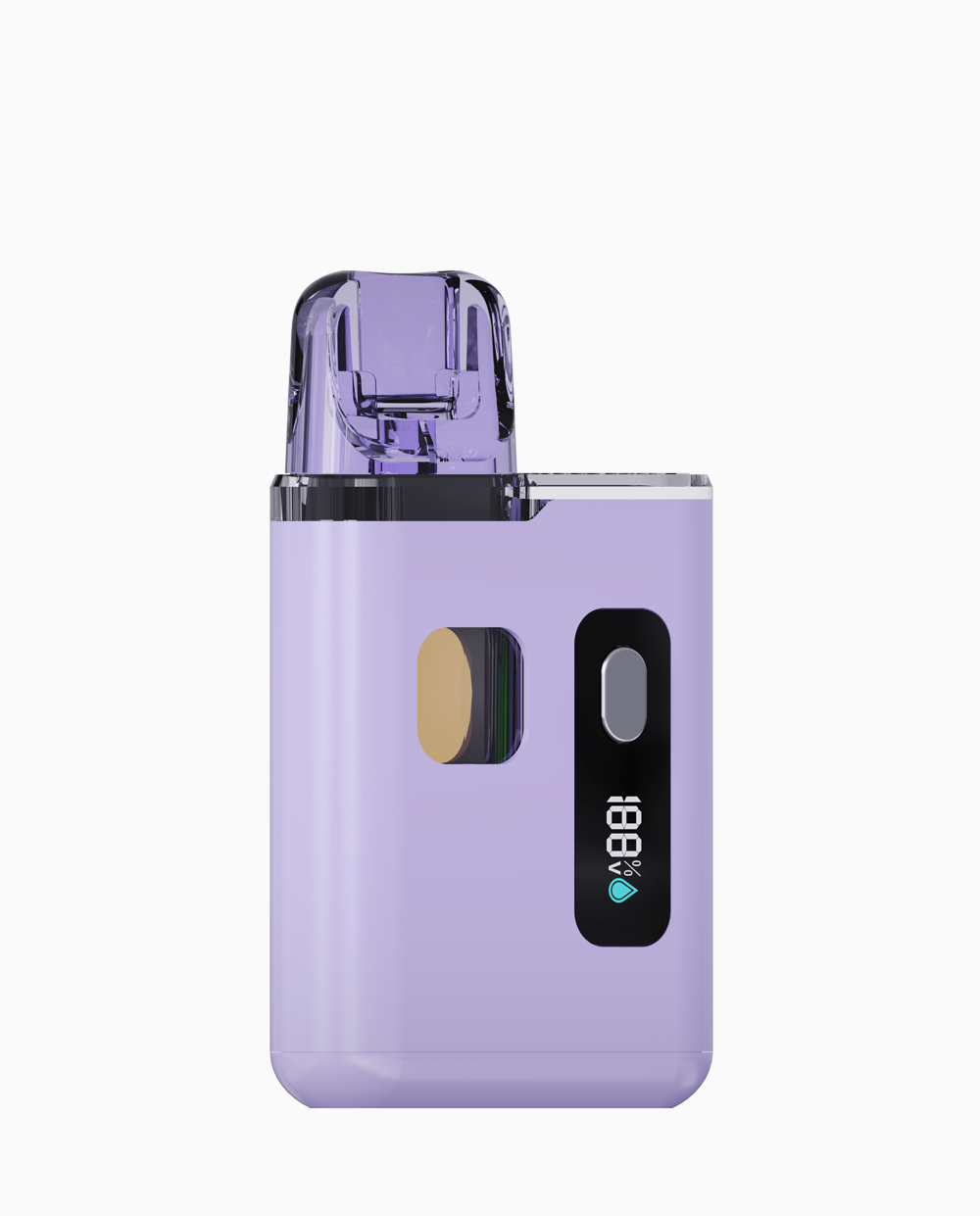
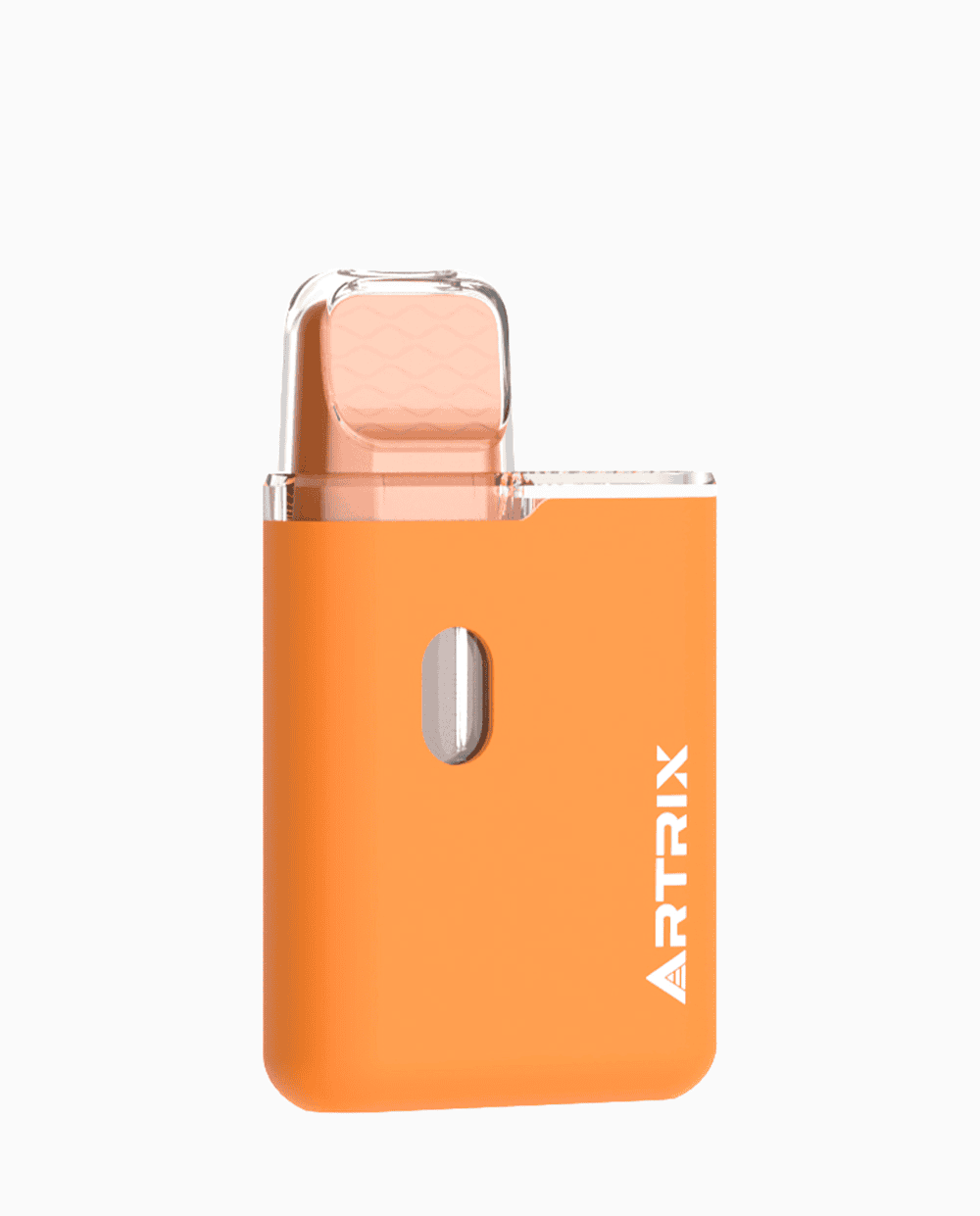
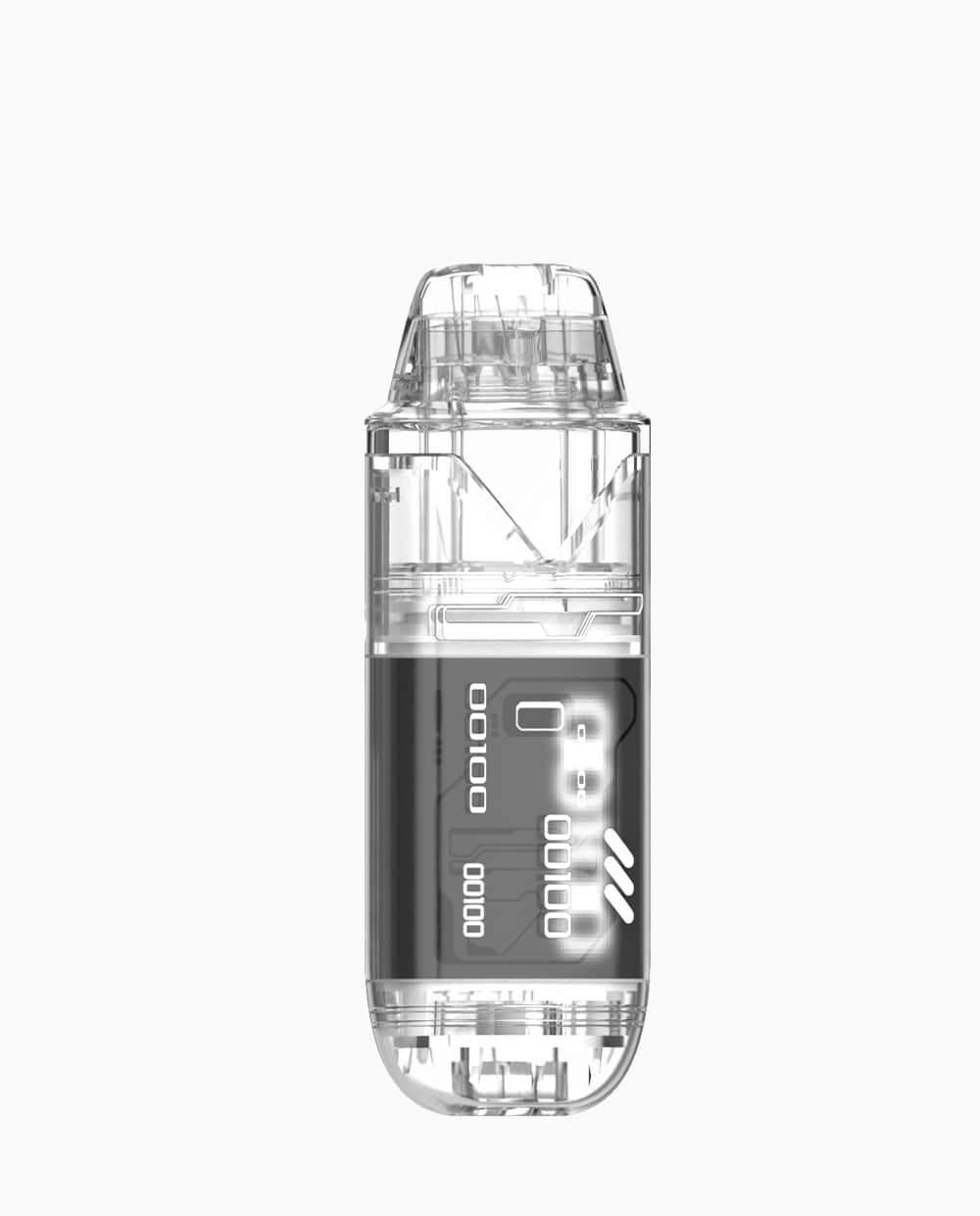
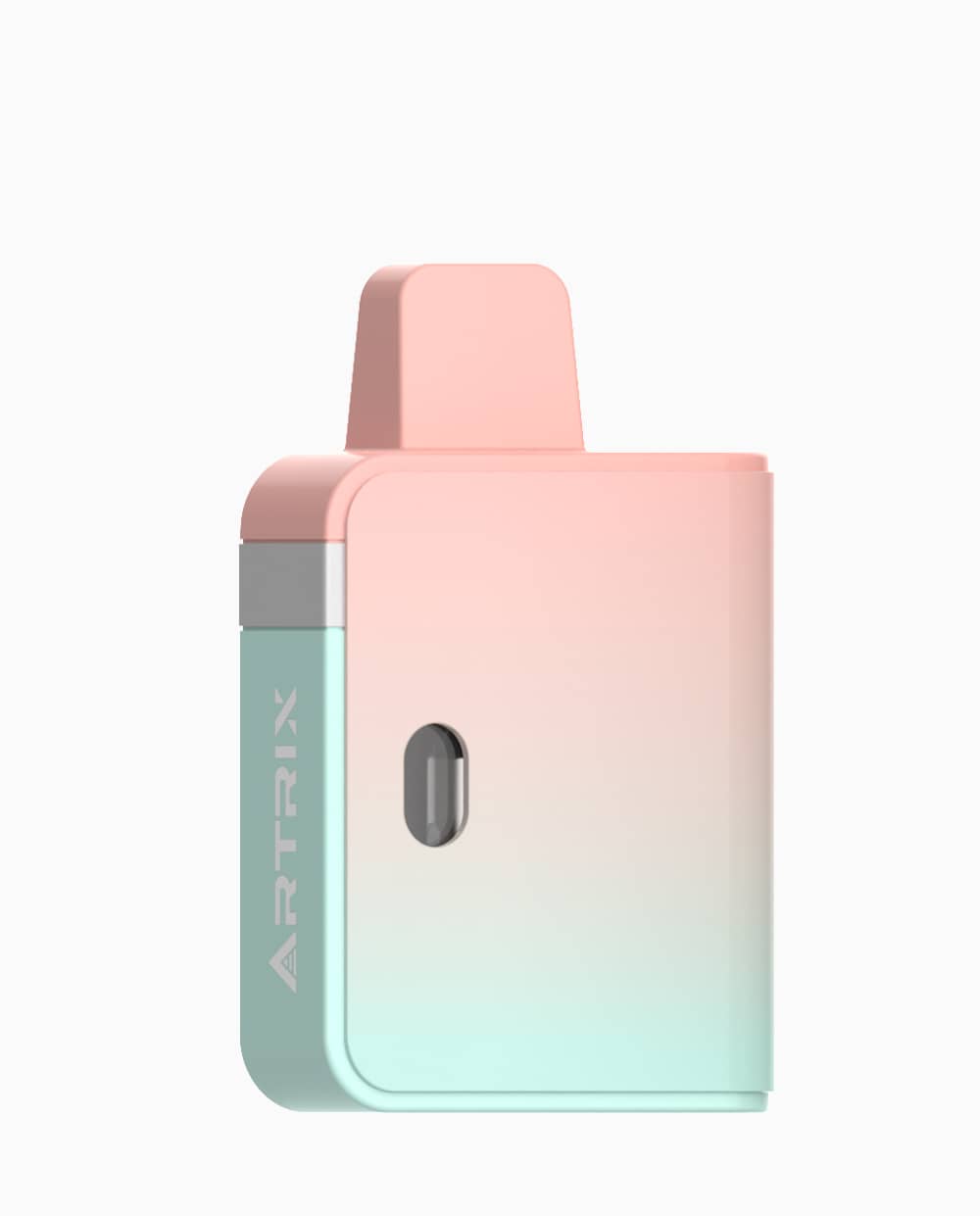
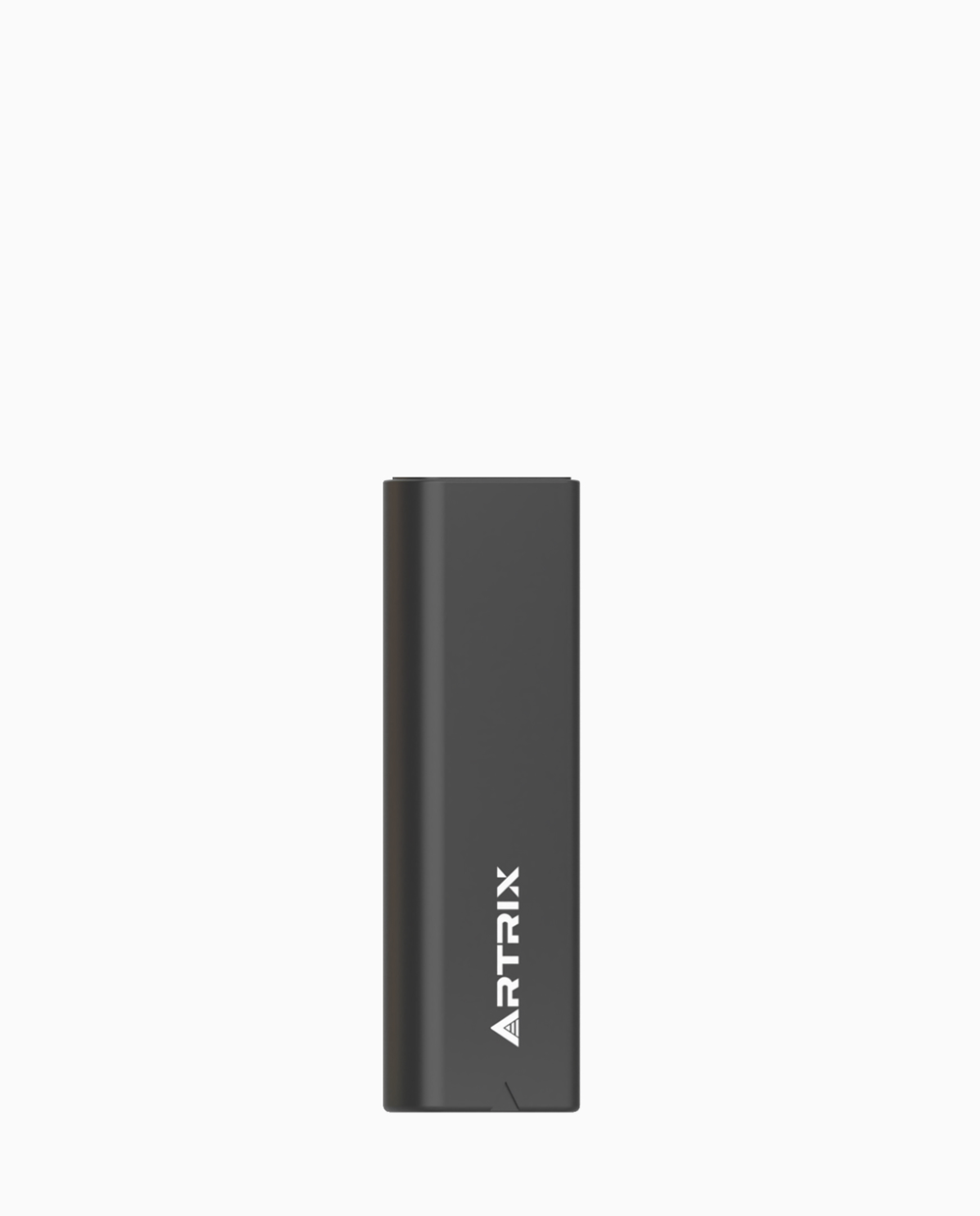

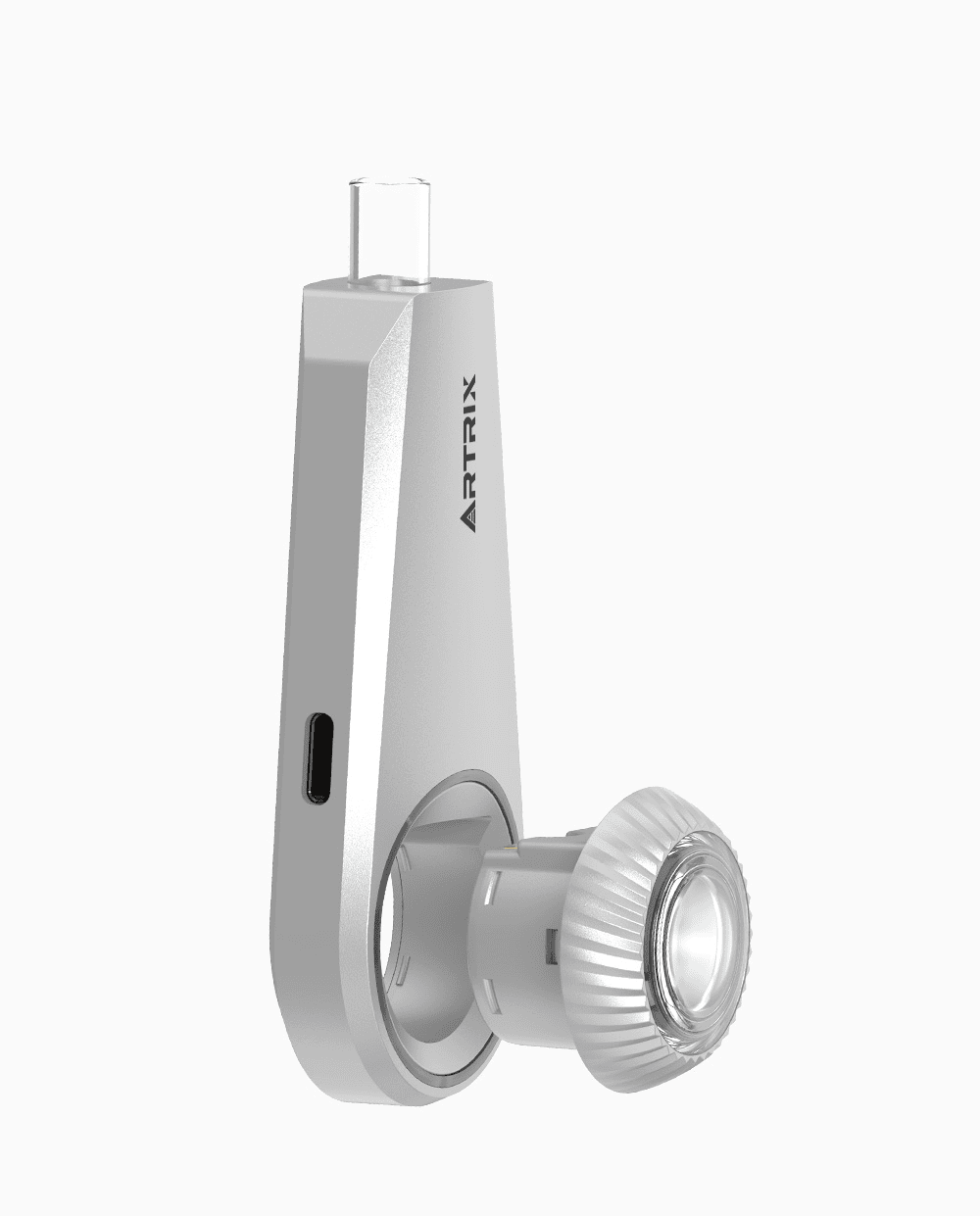
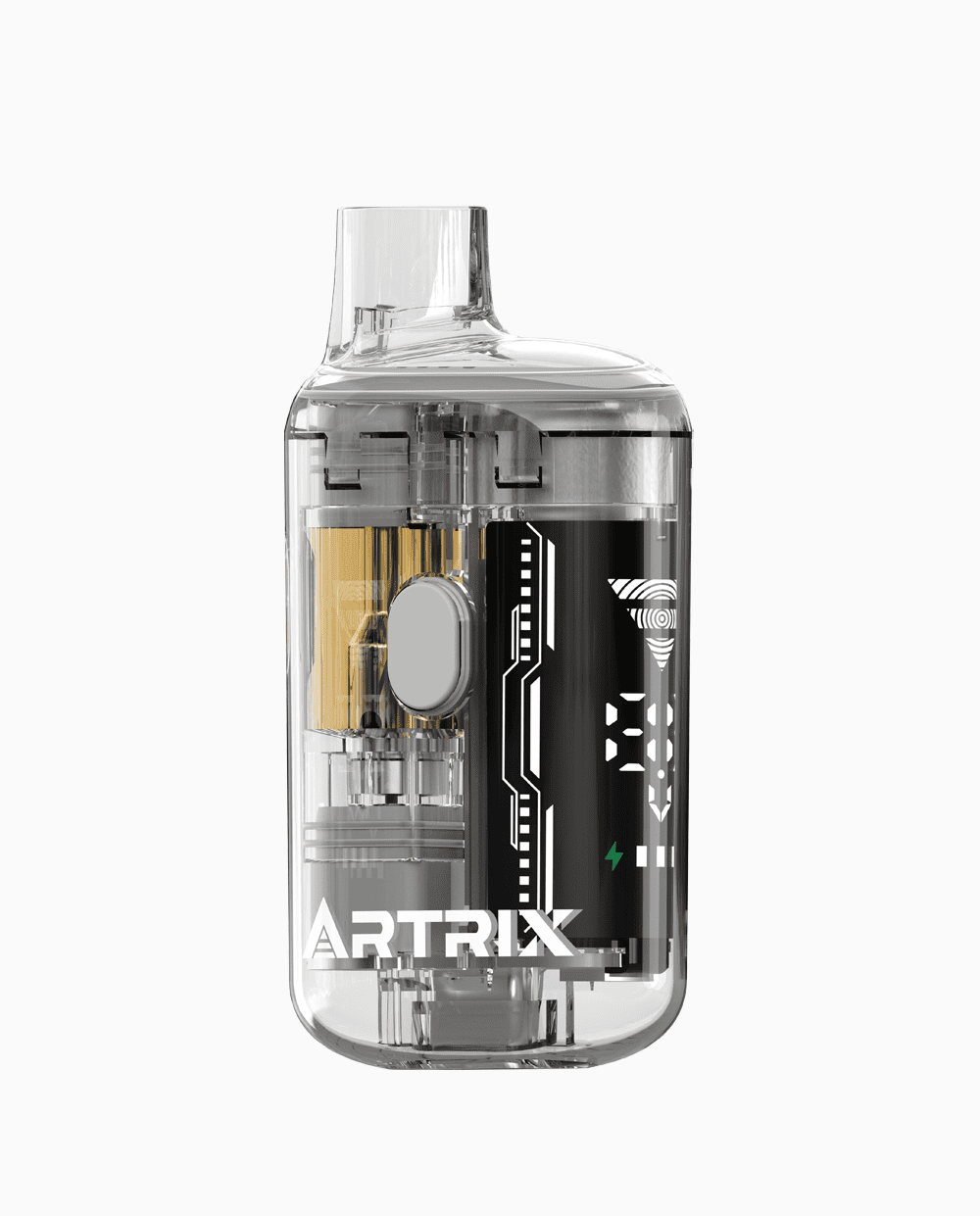
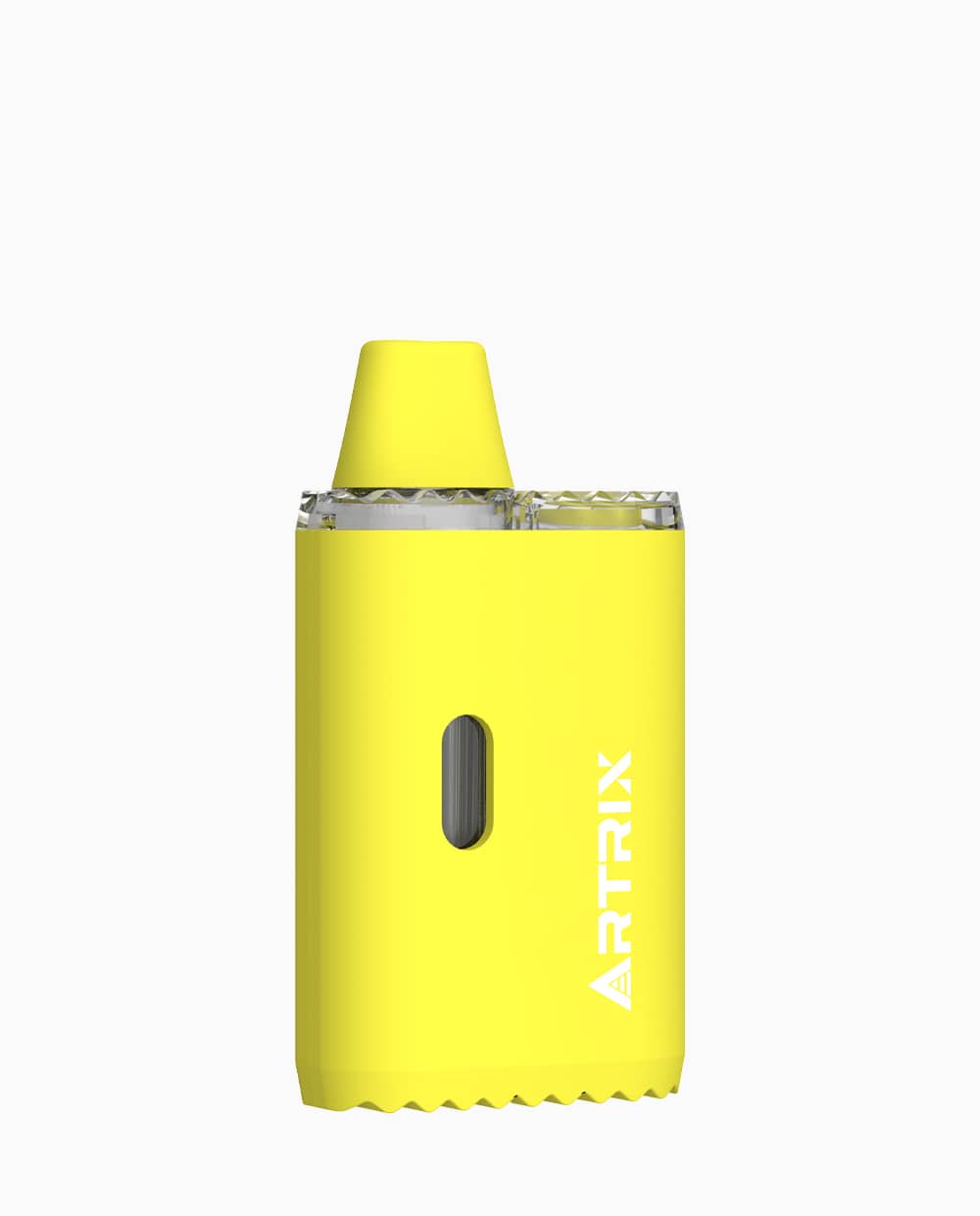
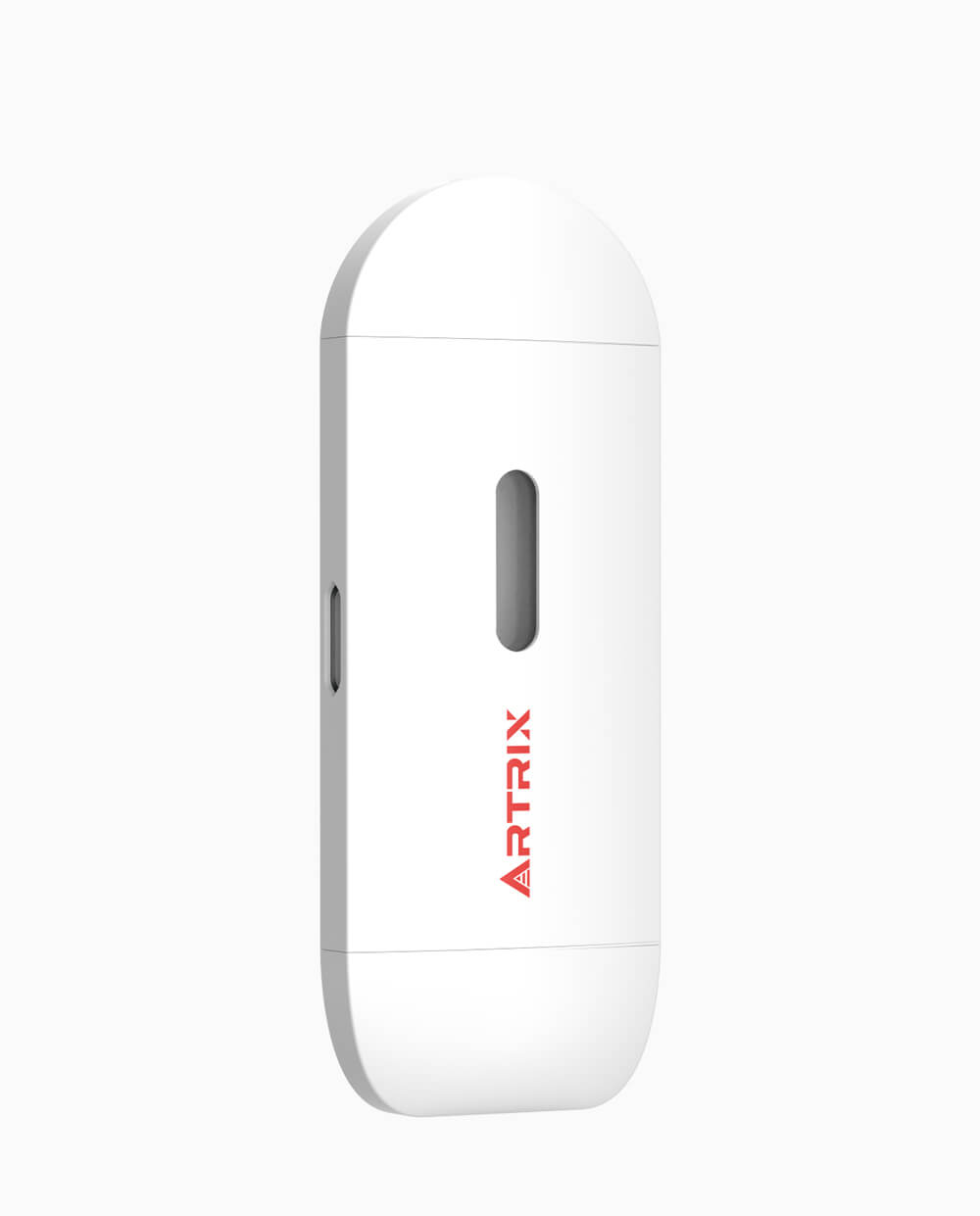
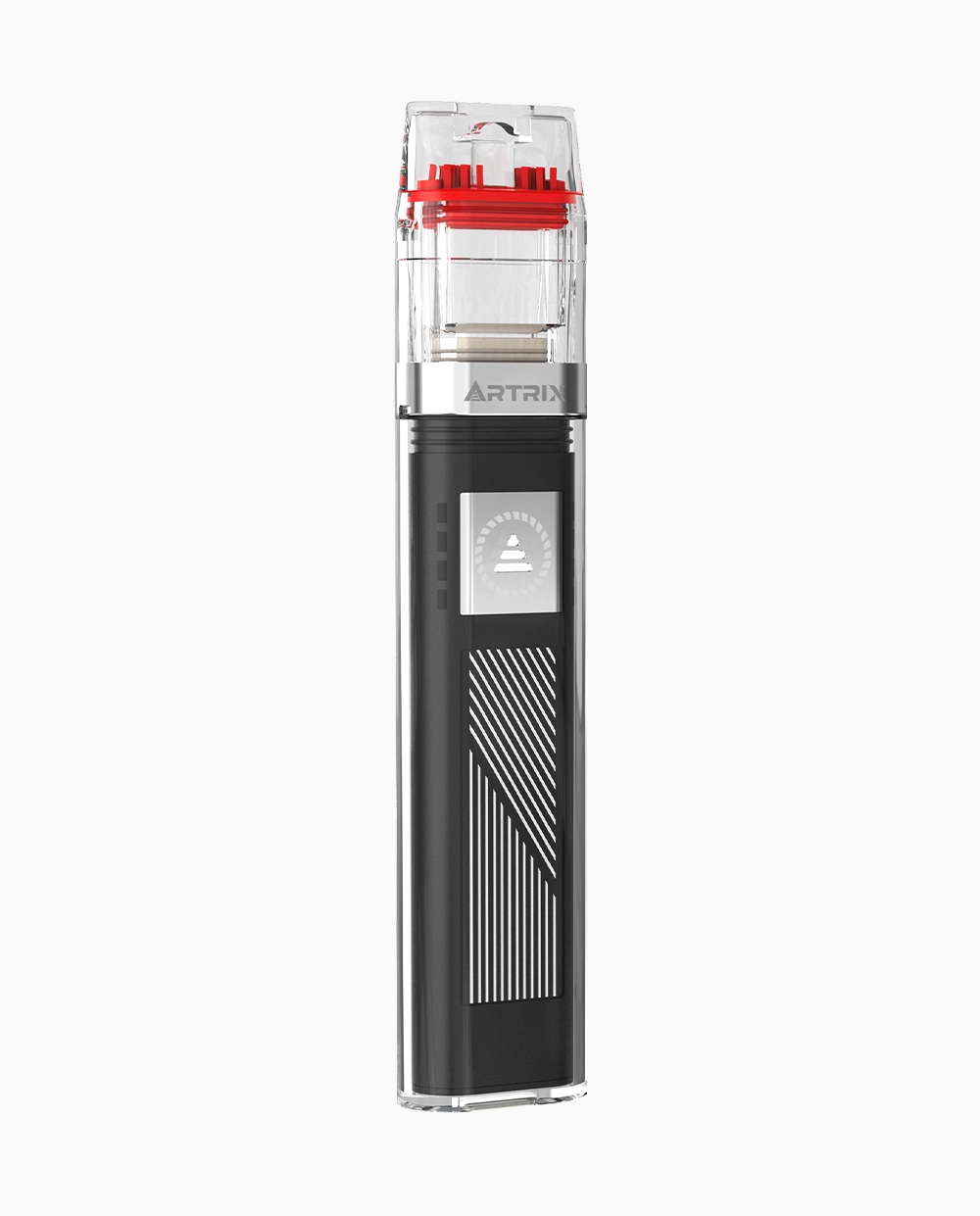
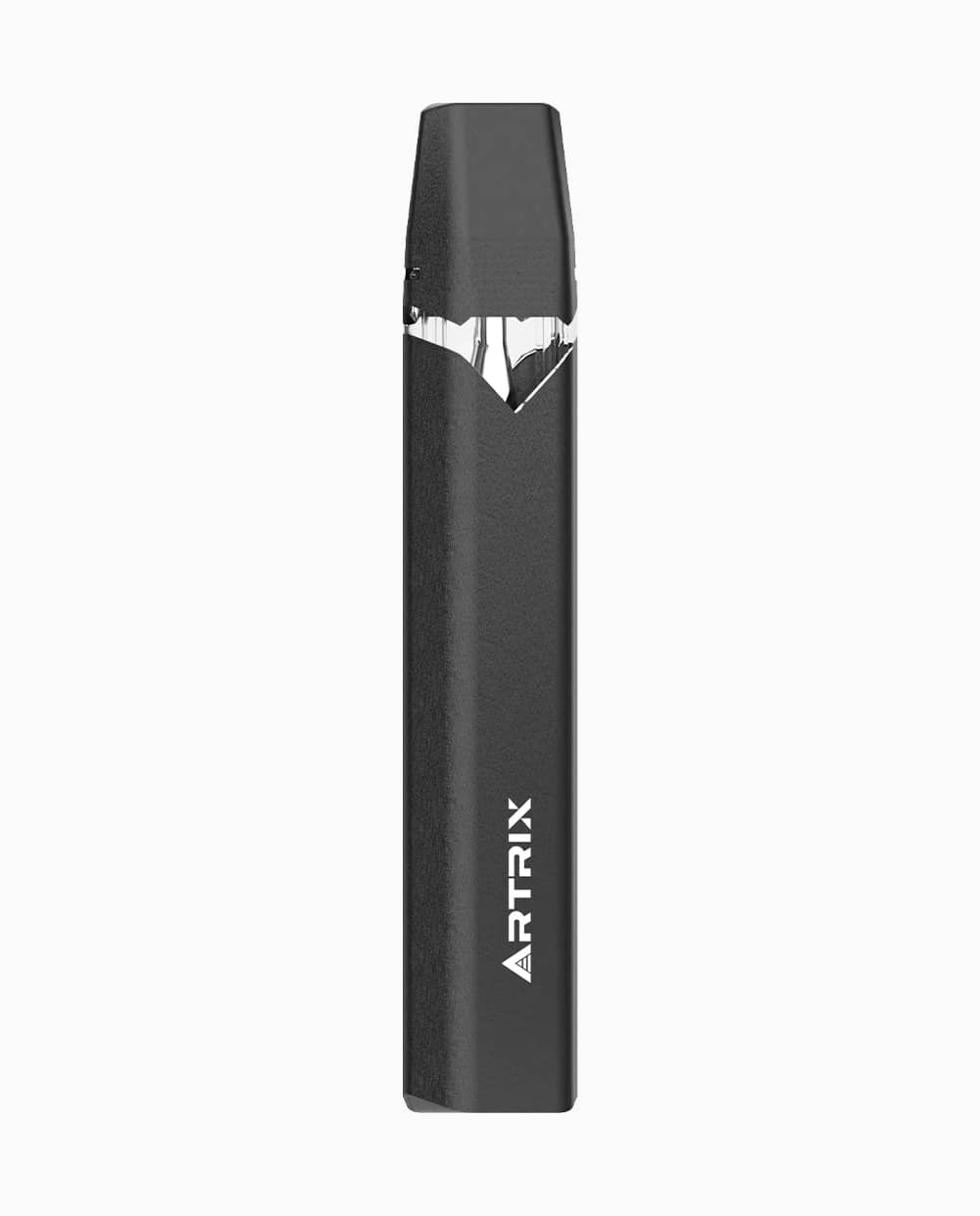
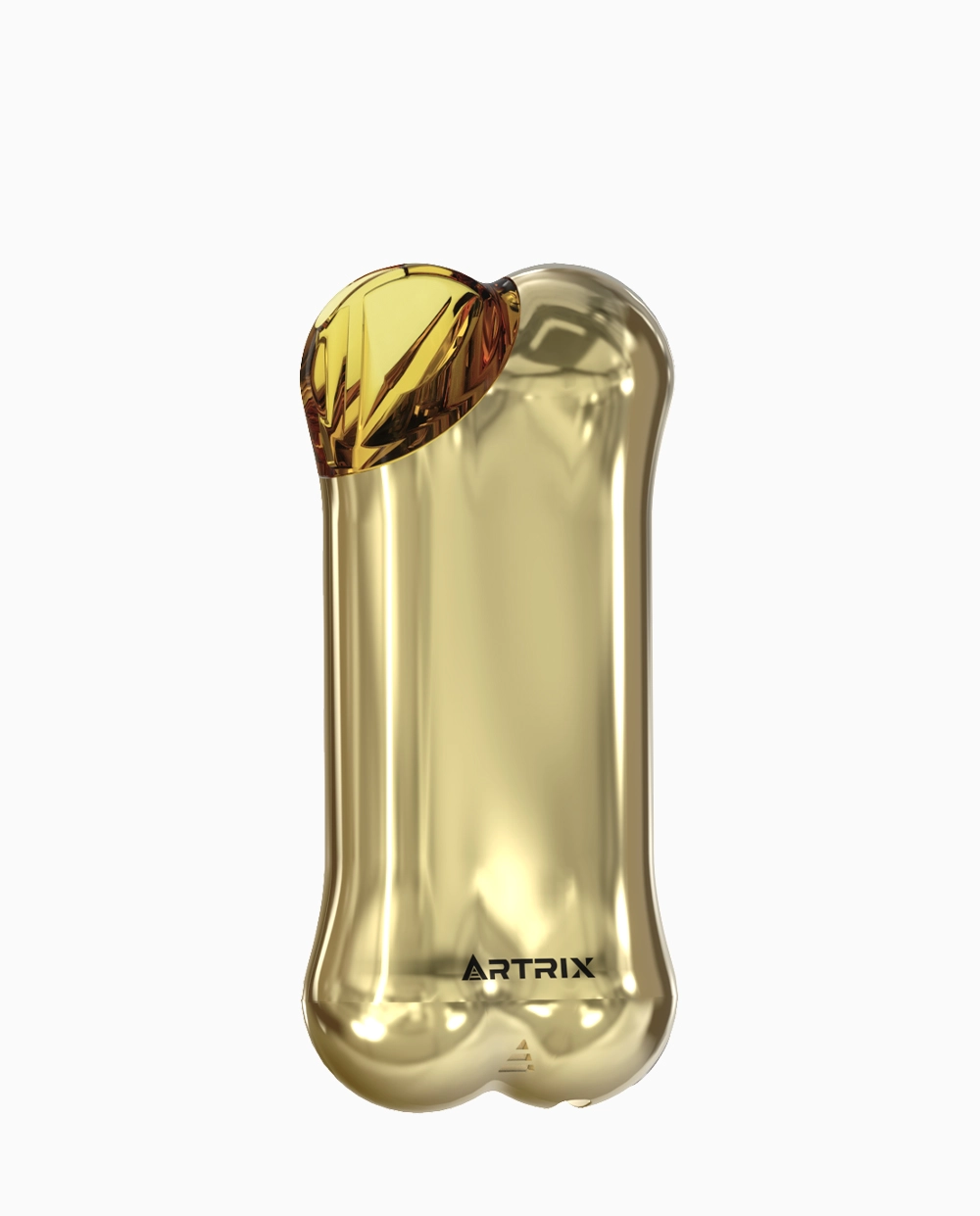
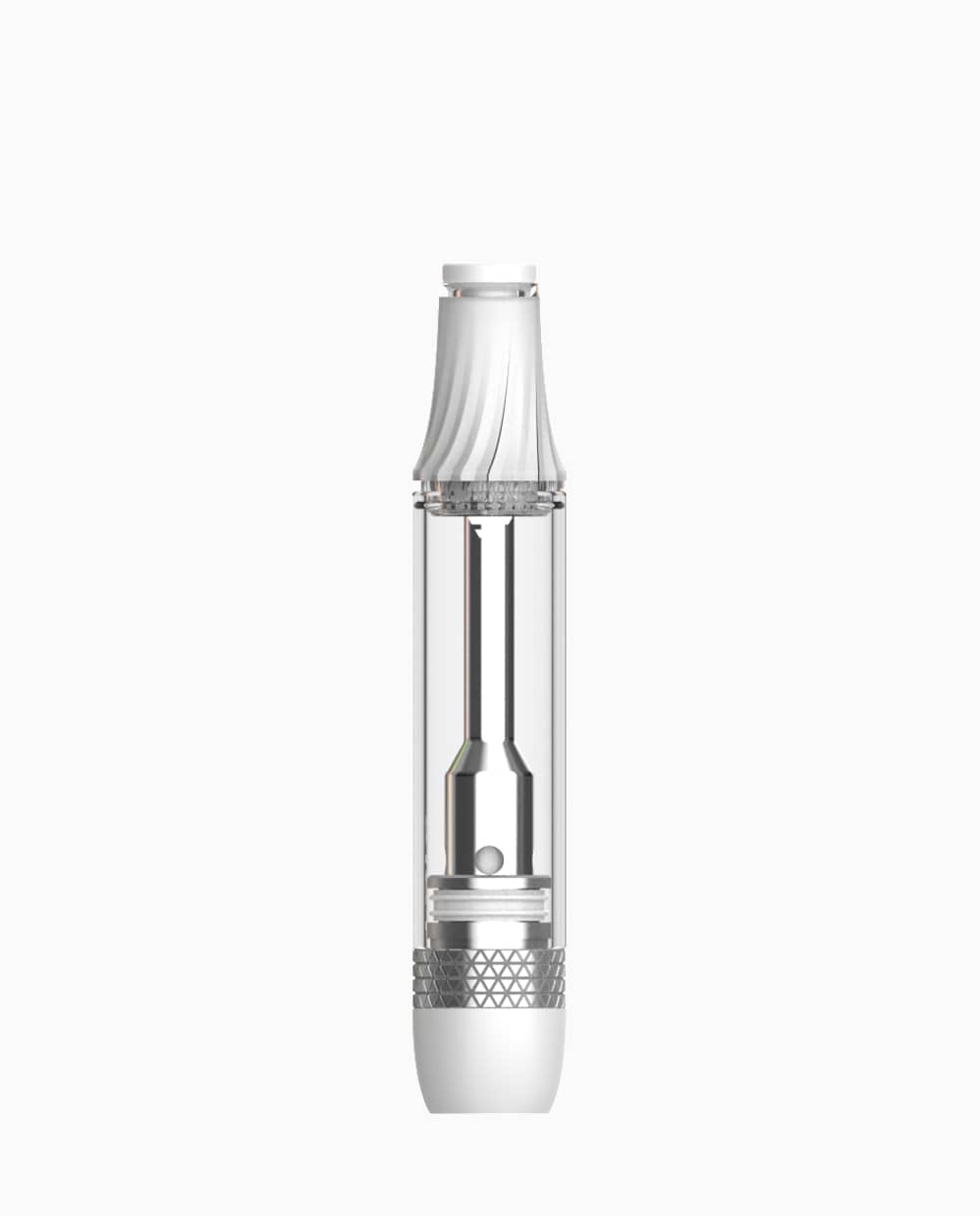

-1.webp)
-1.webp)
-2.webp)
